
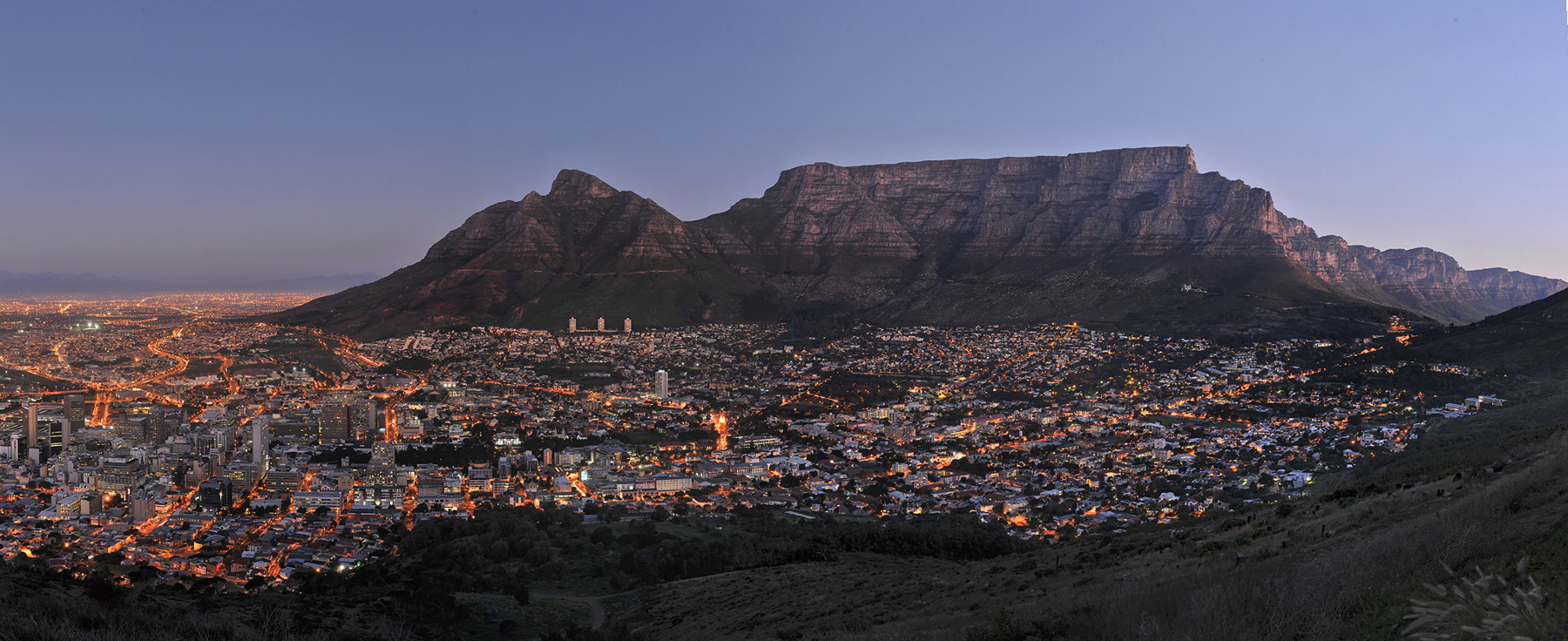
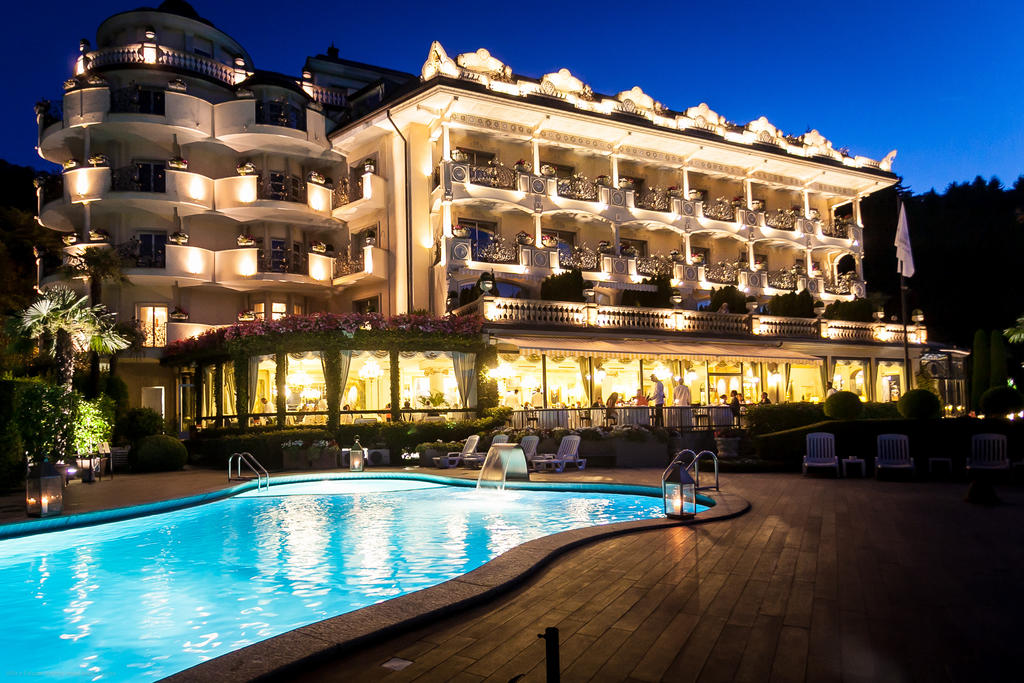
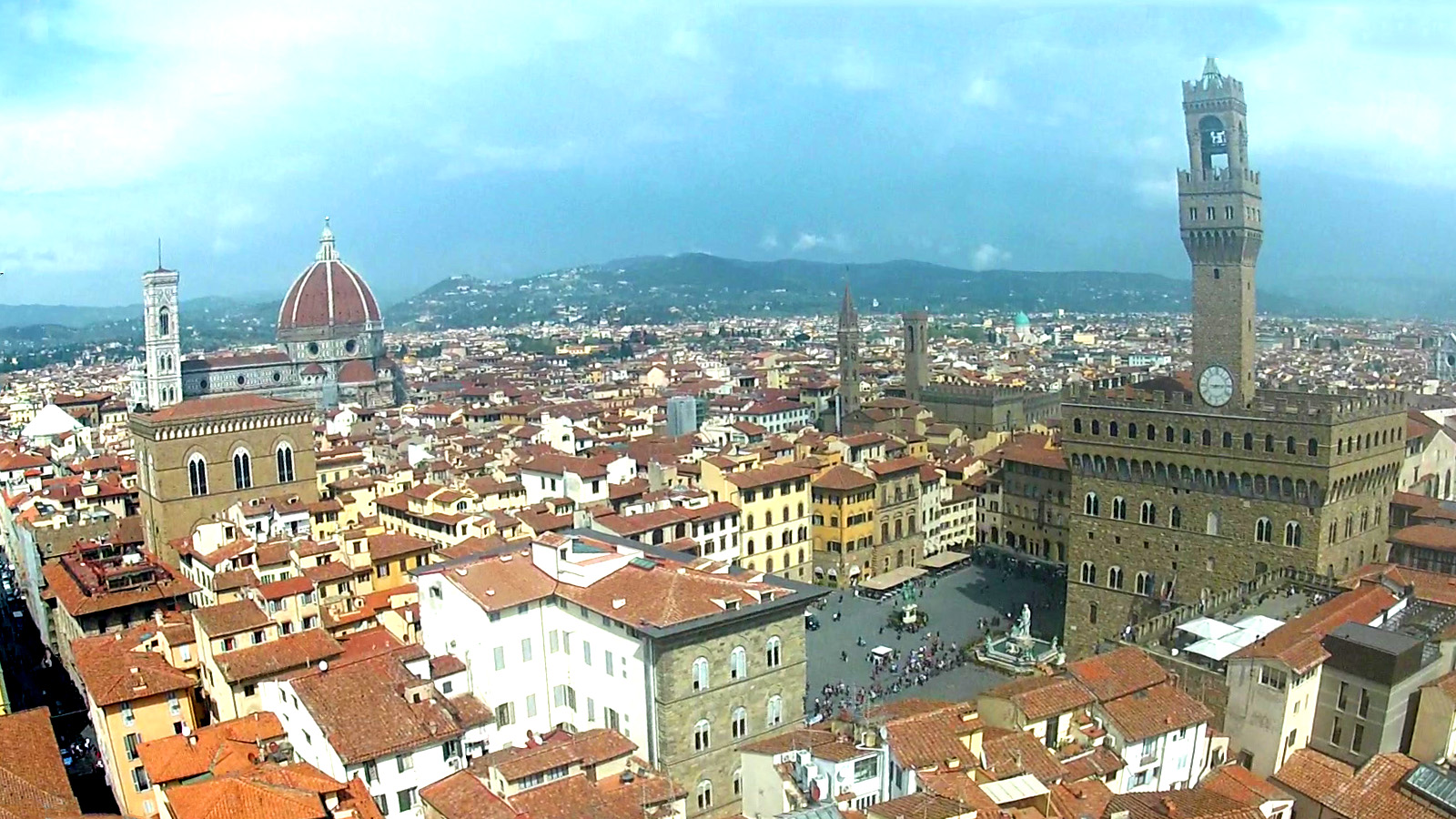

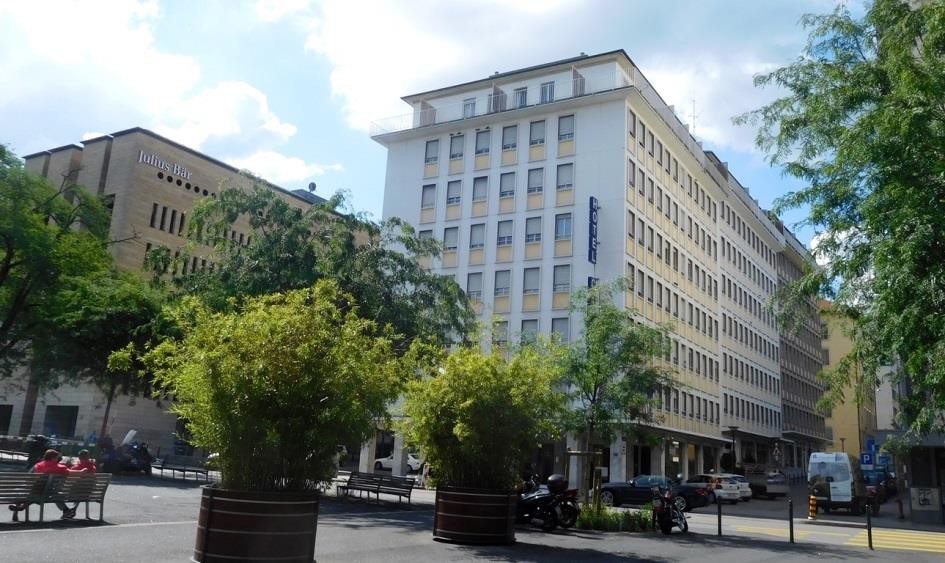
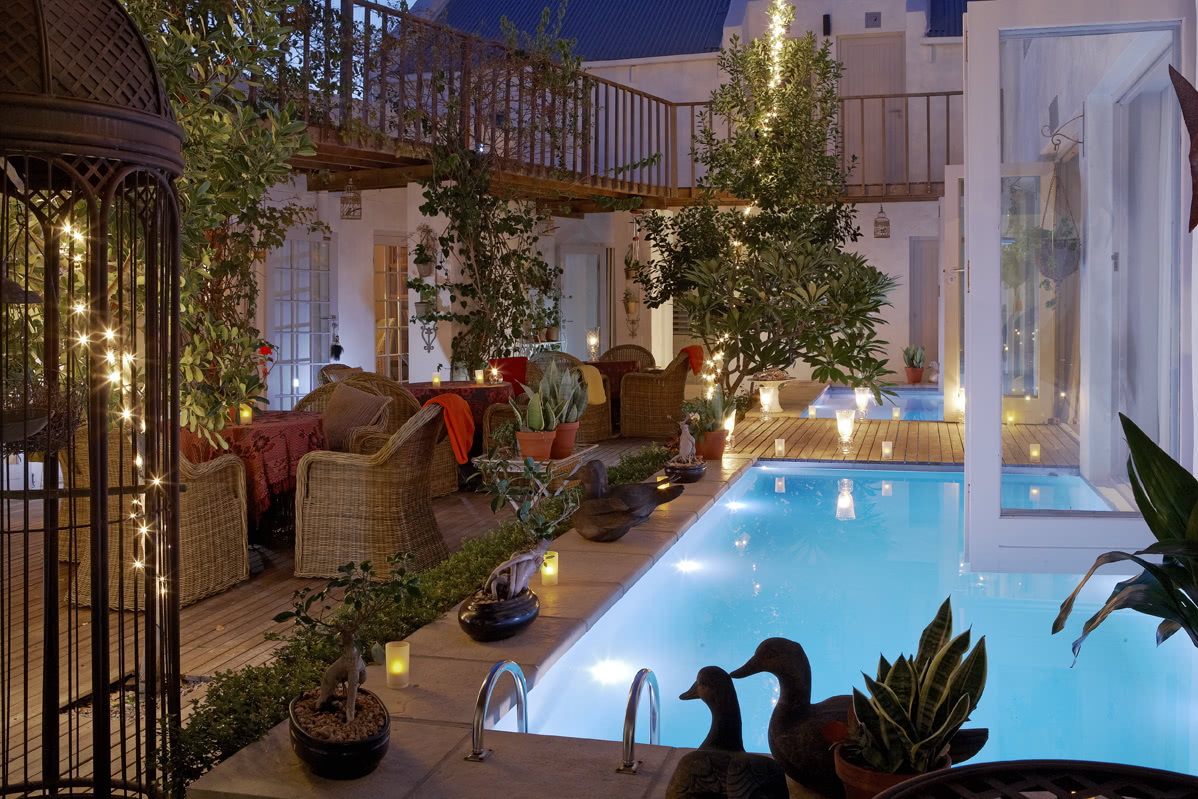
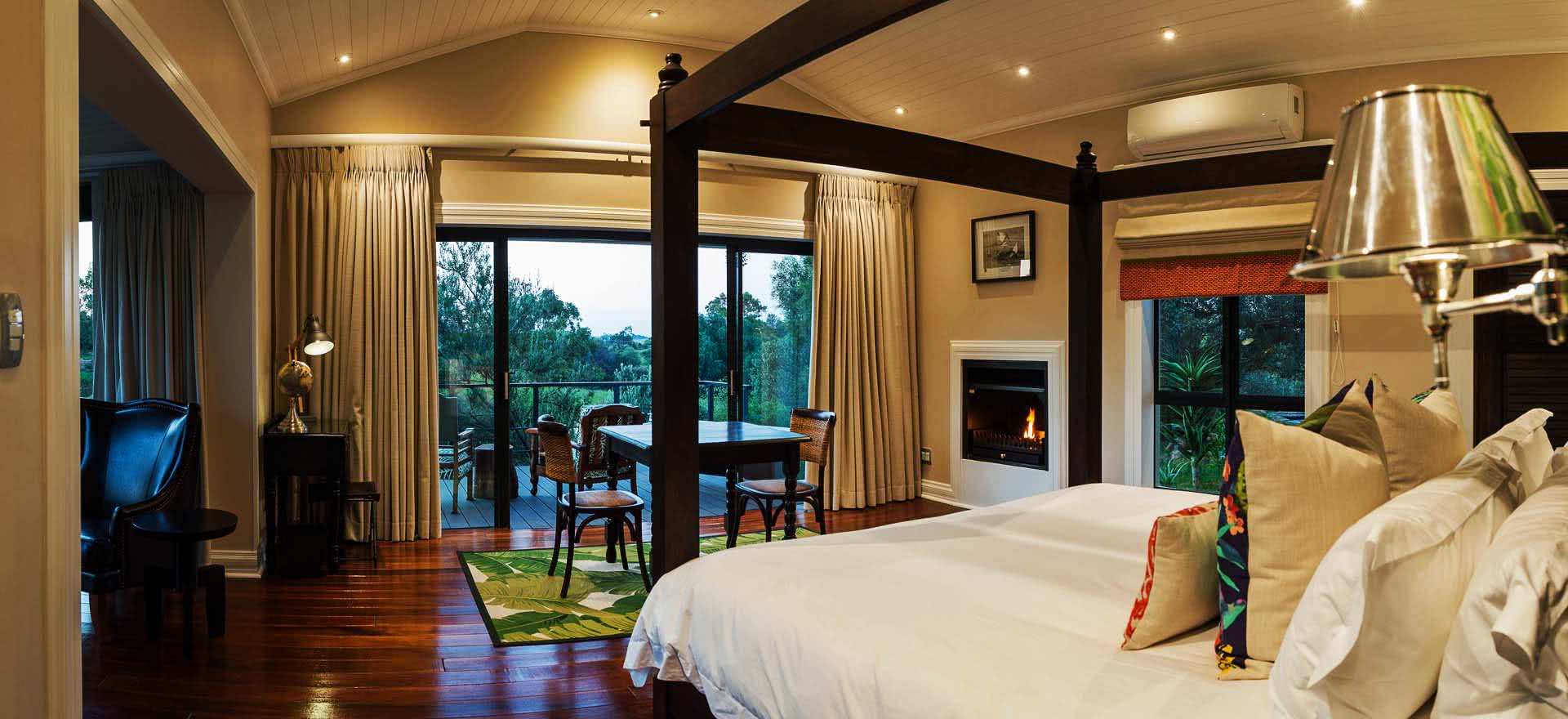
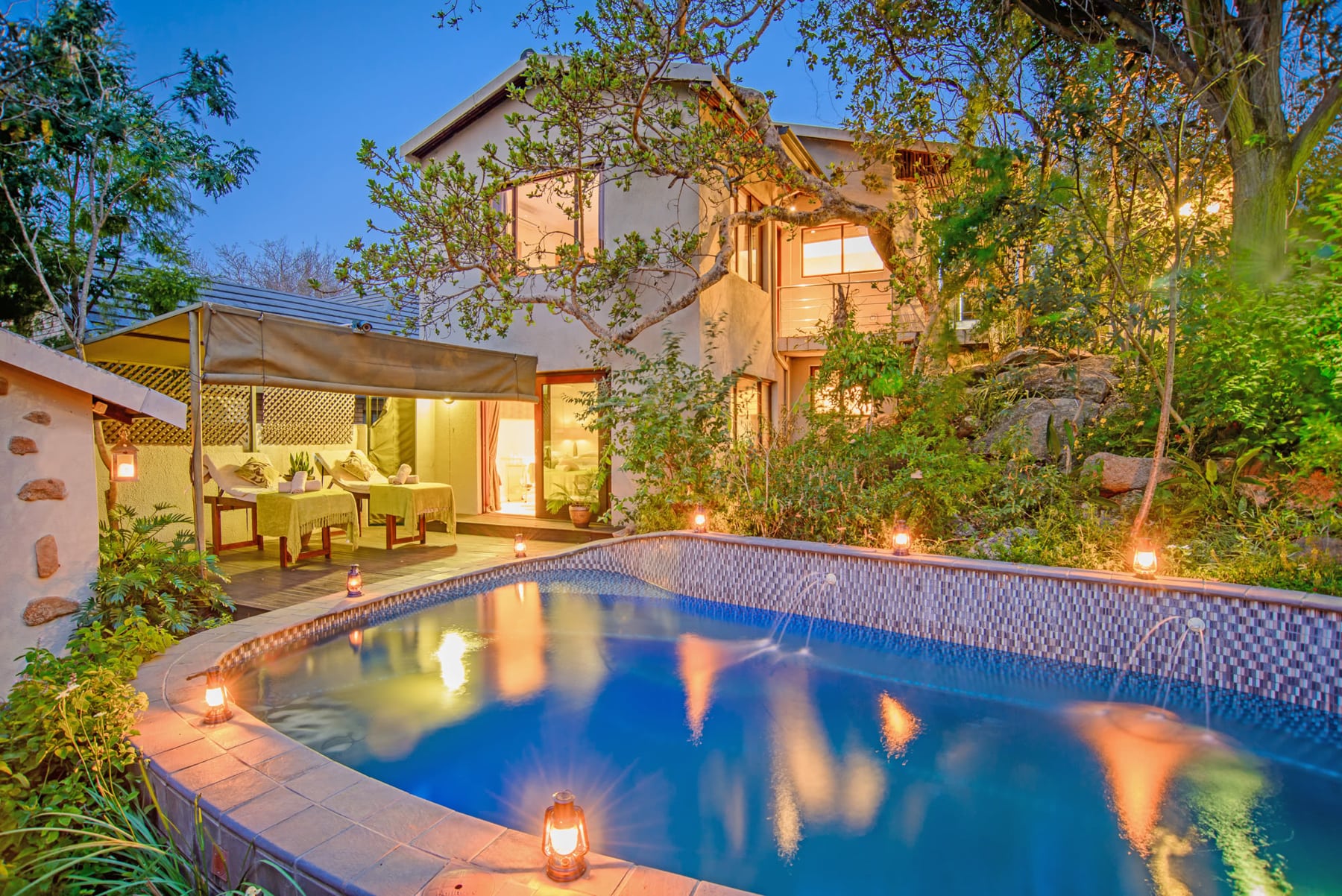

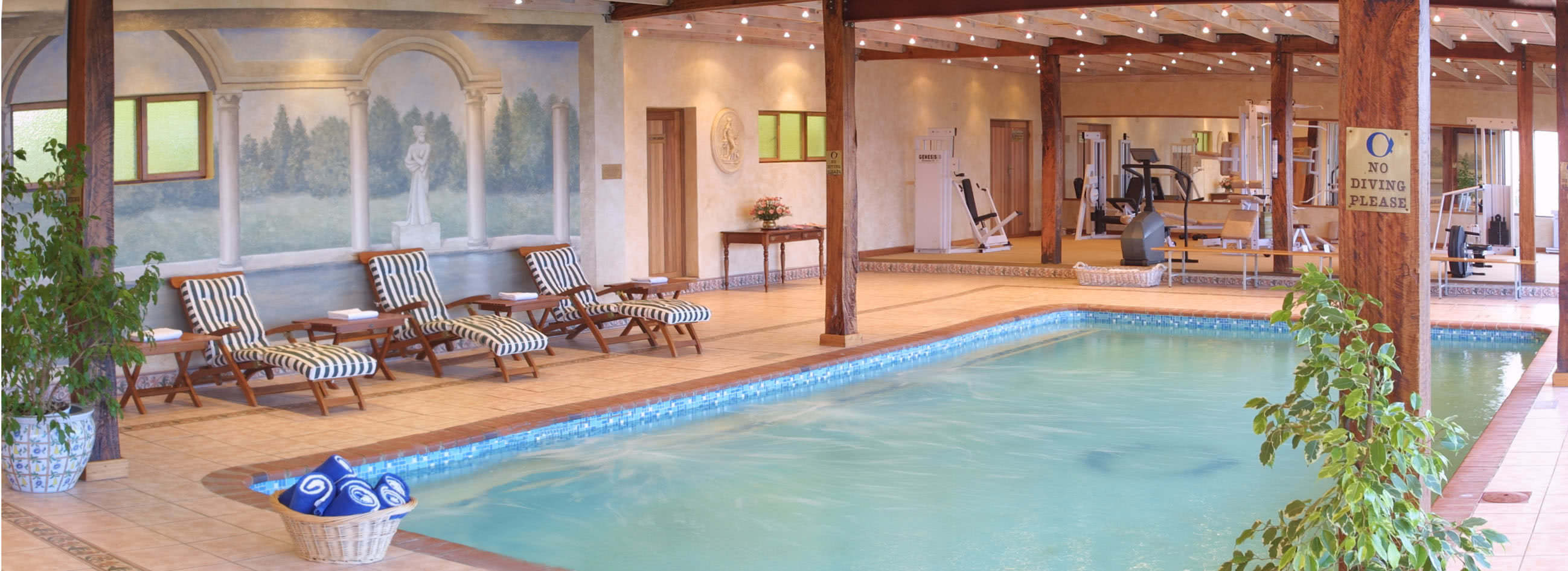
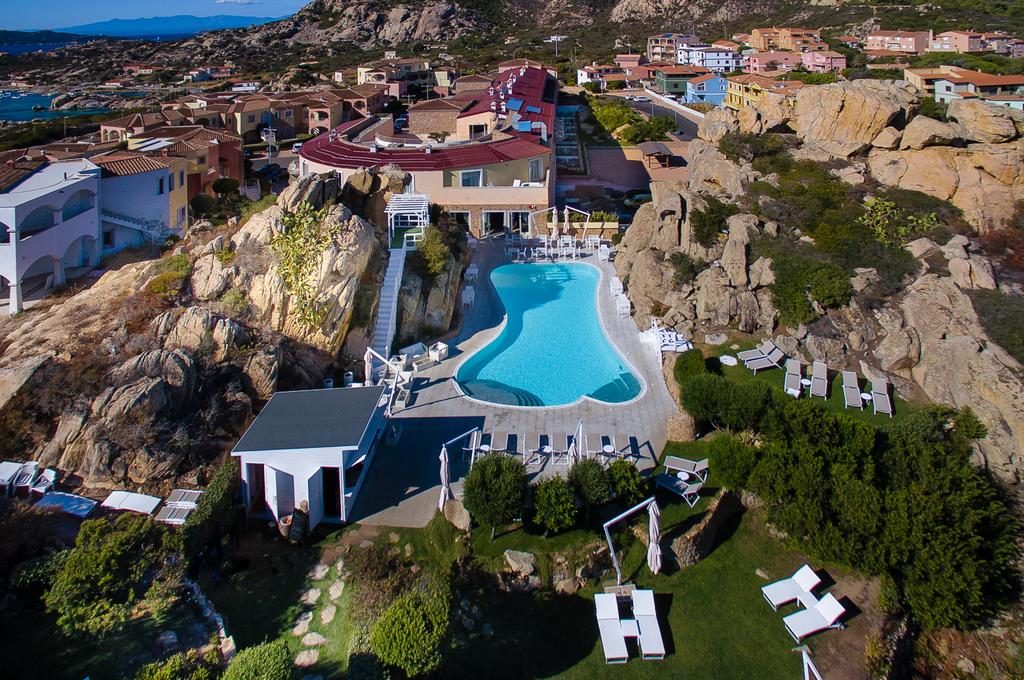
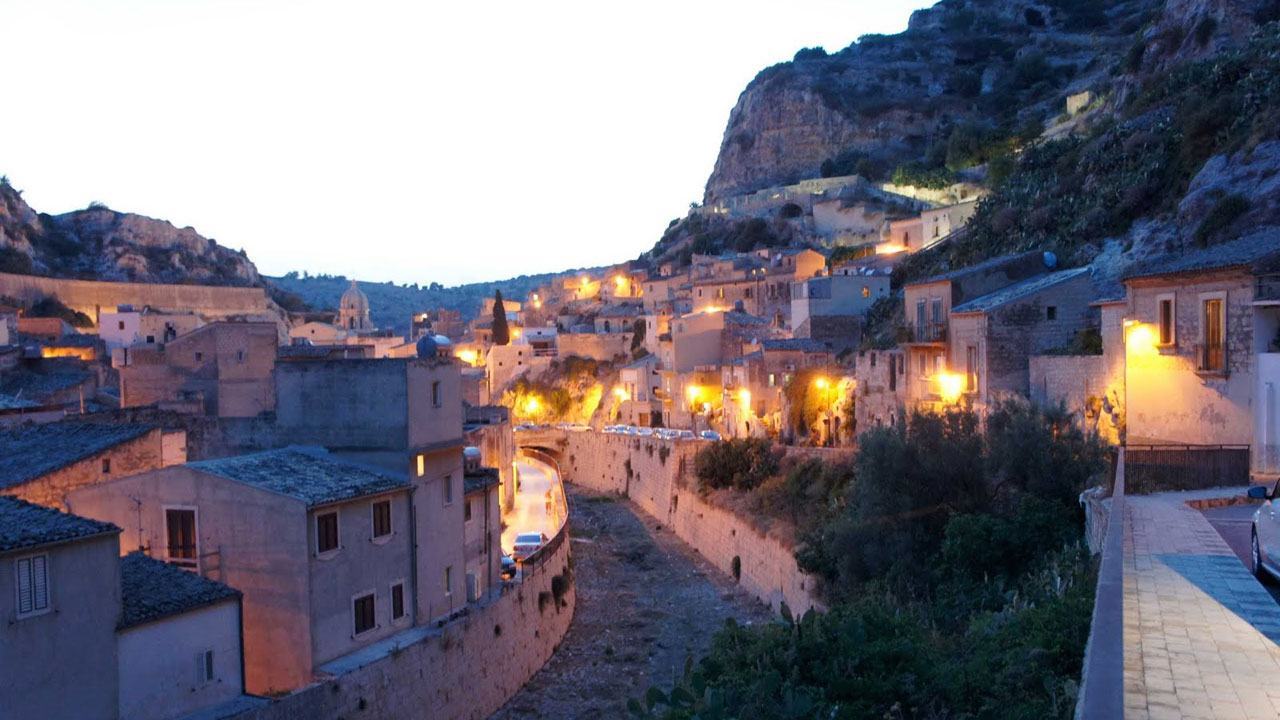
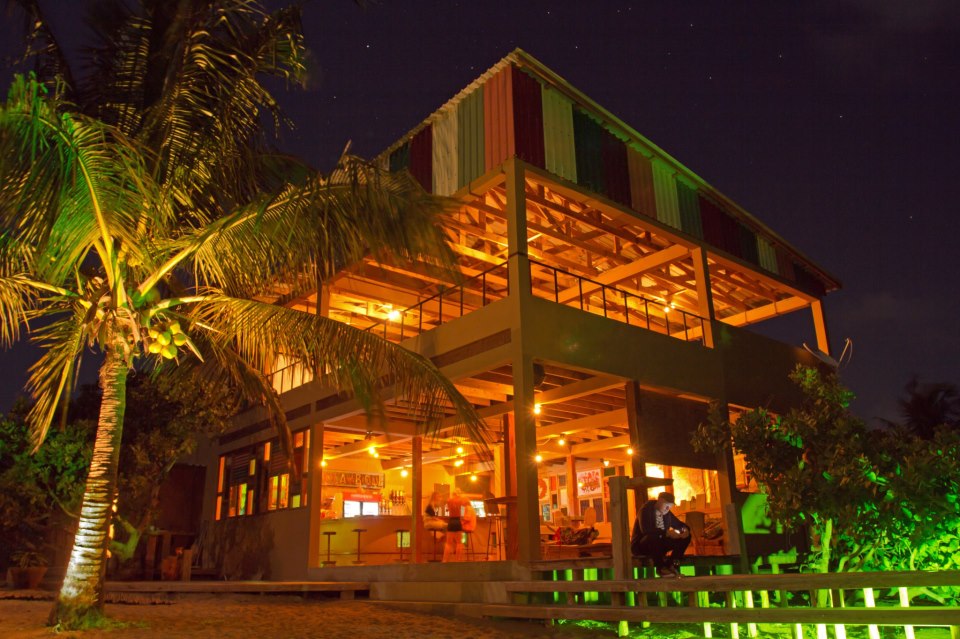
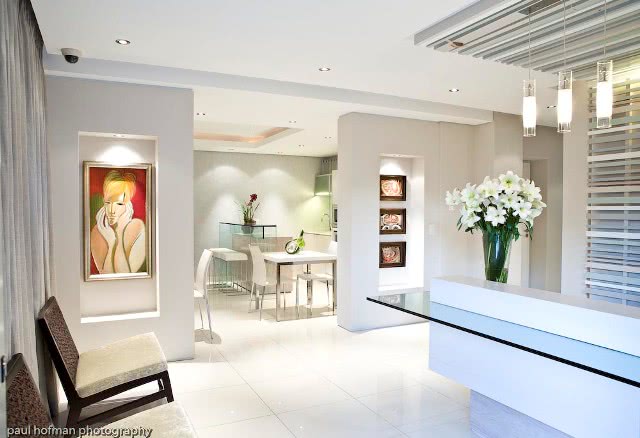
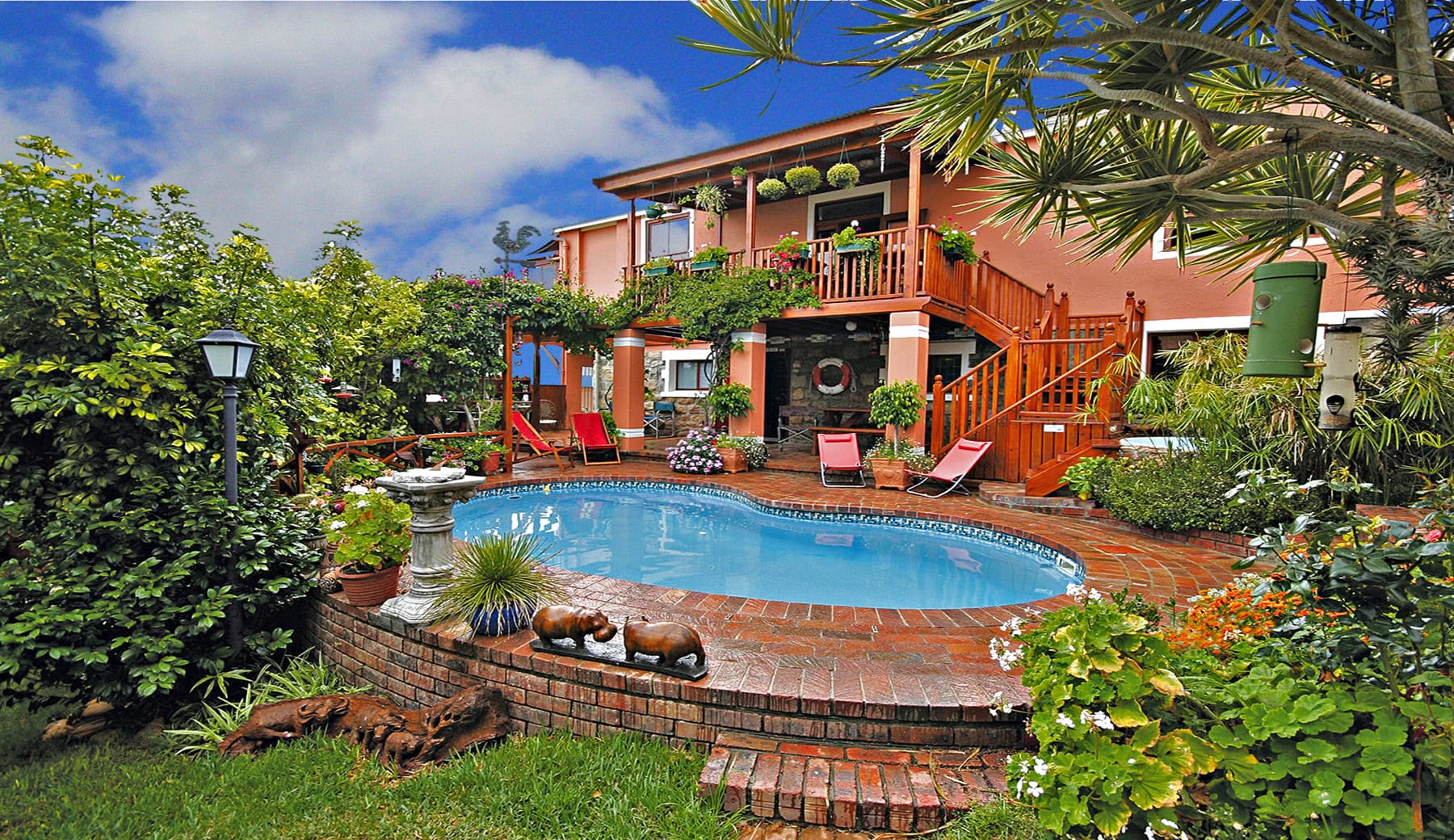
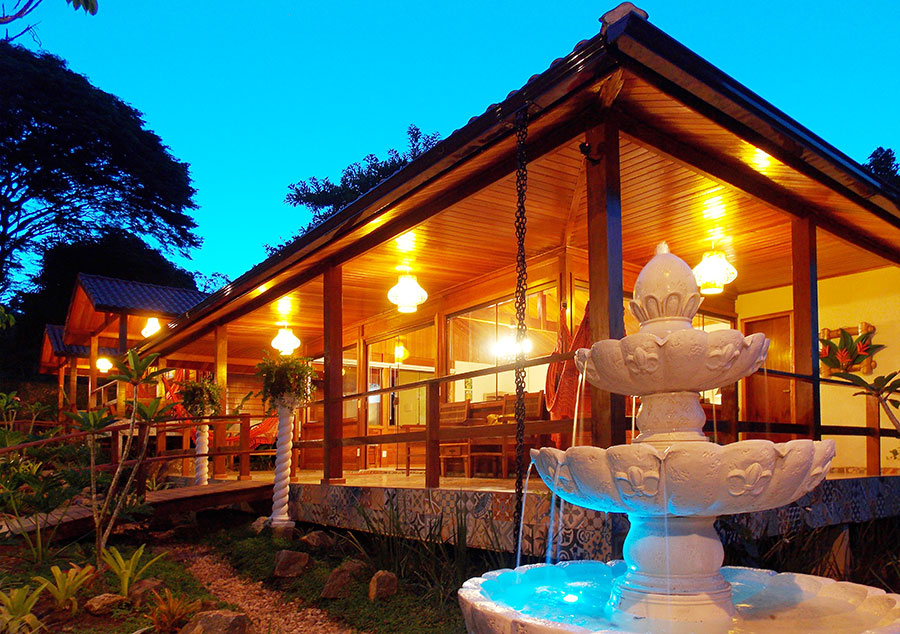
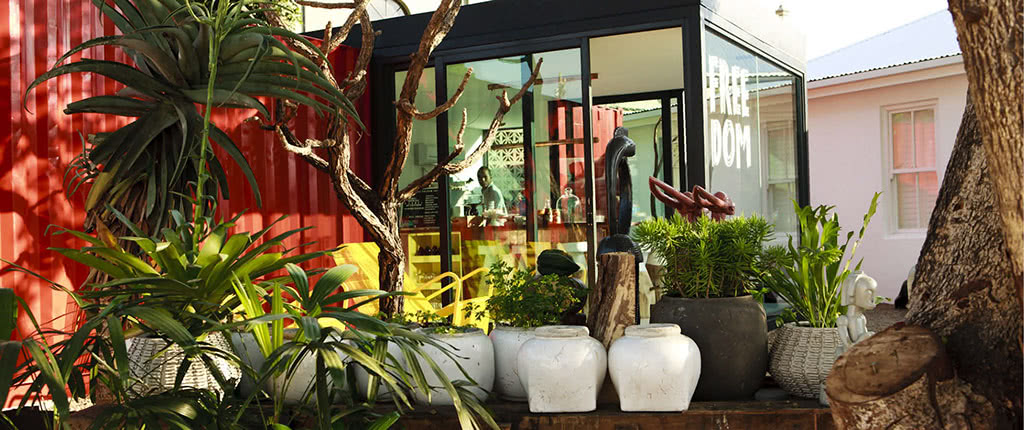
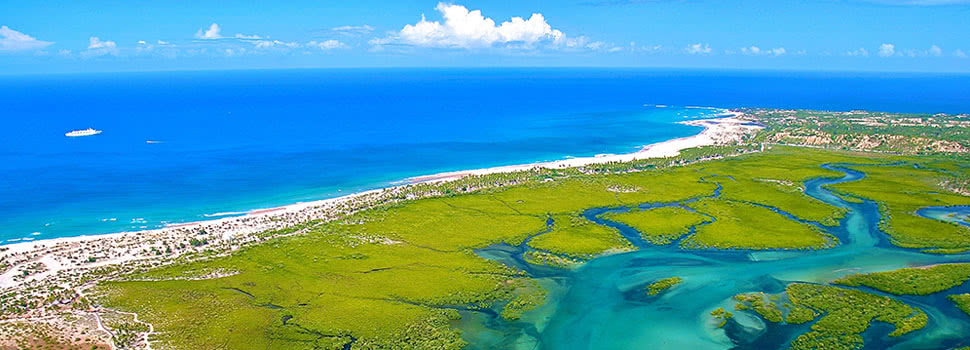
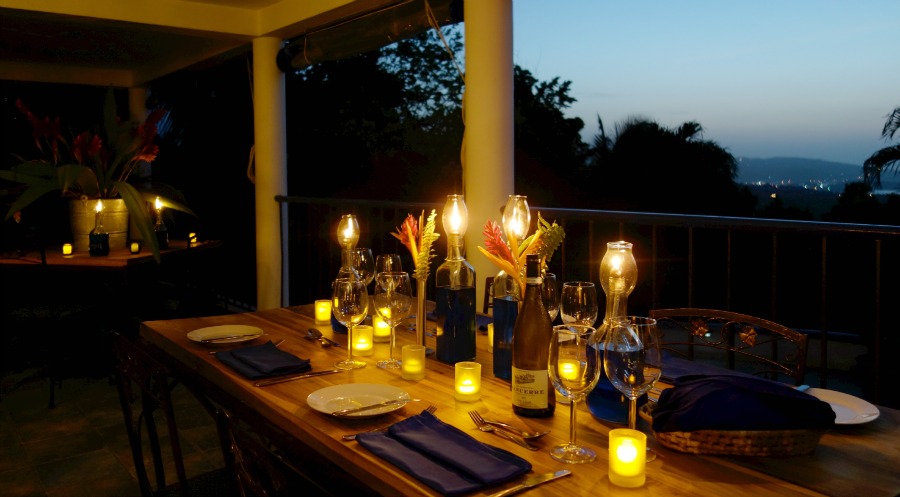
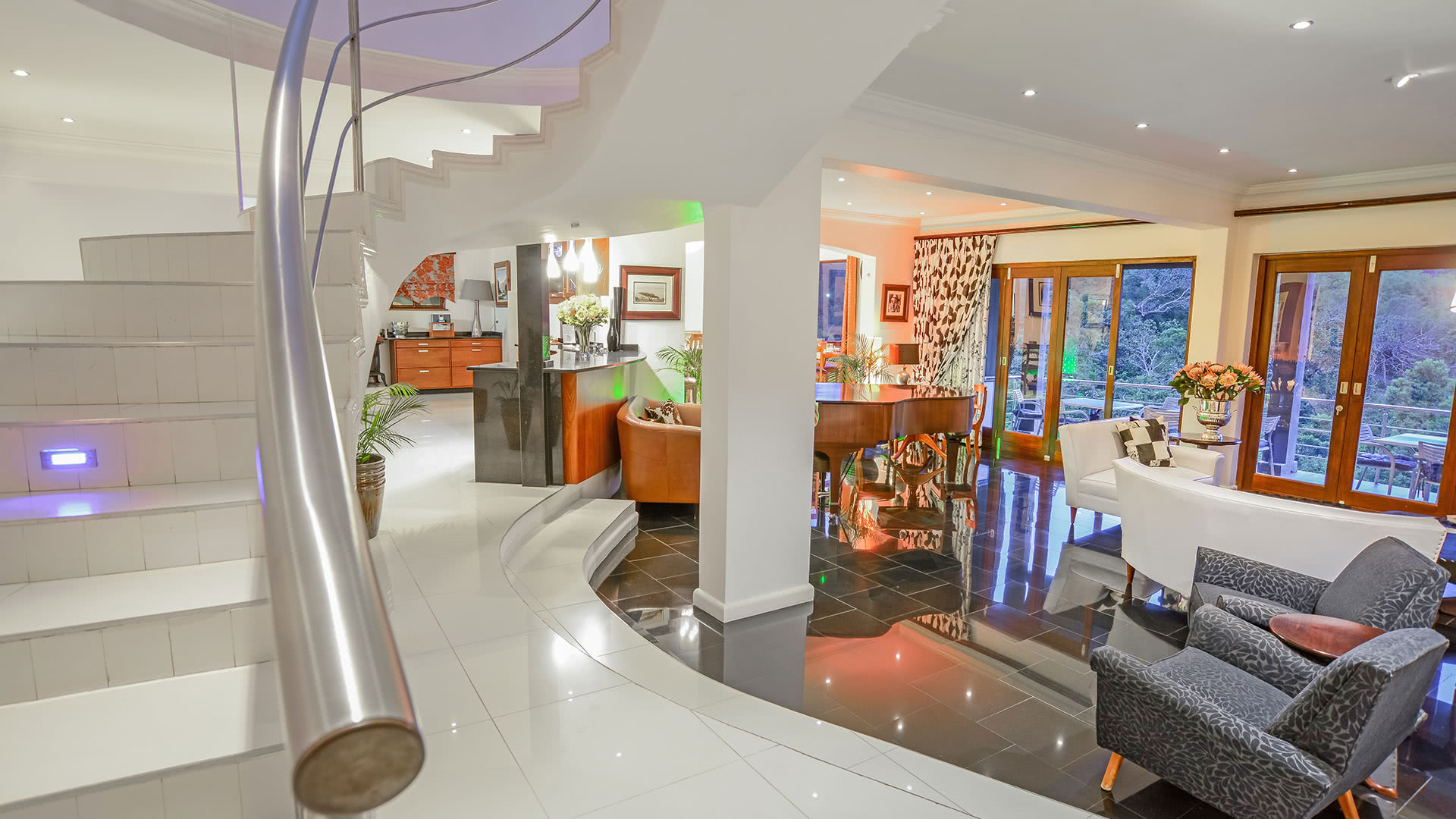
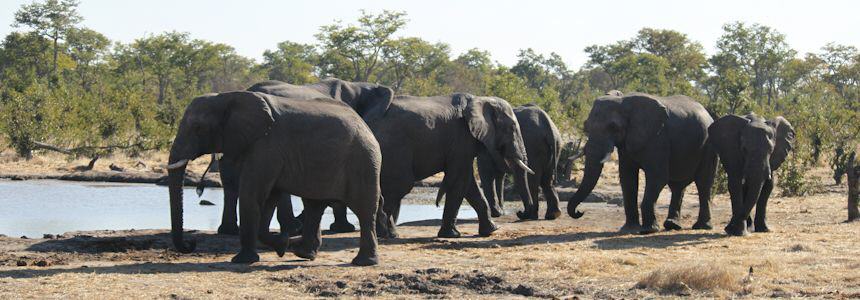
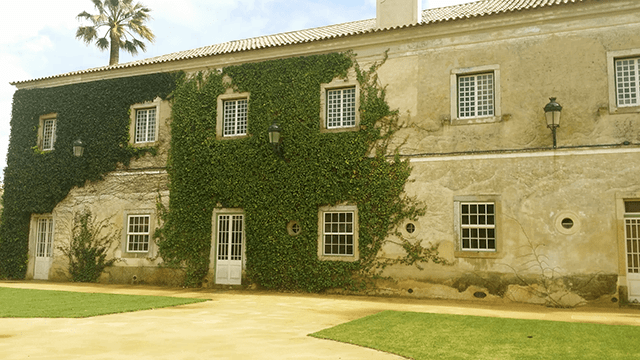
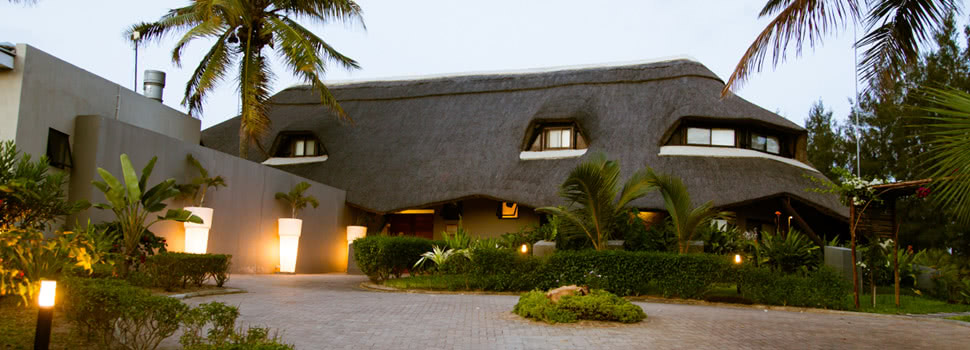
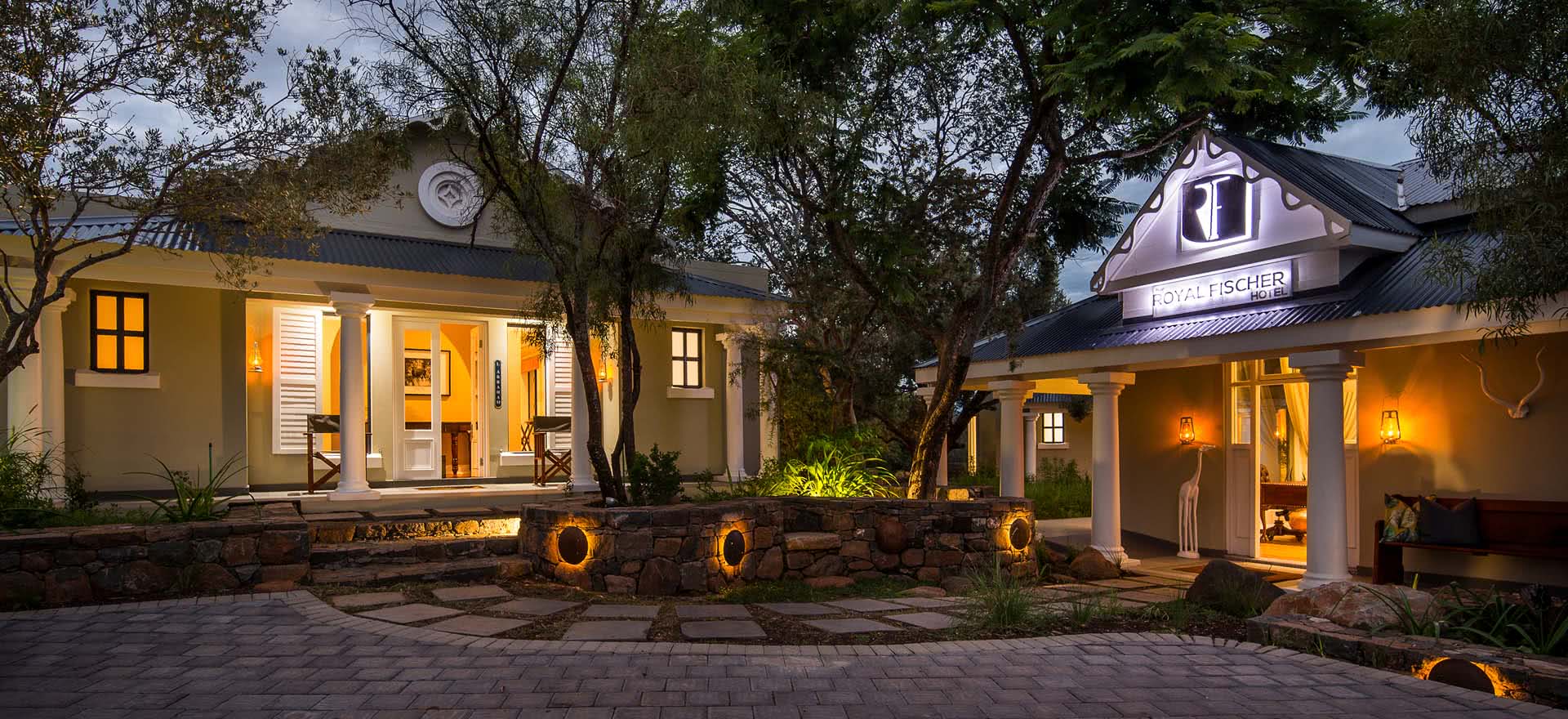
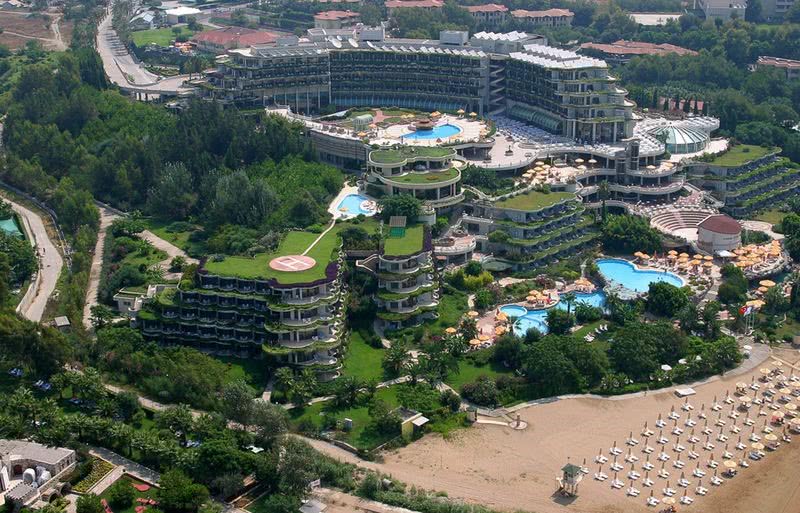
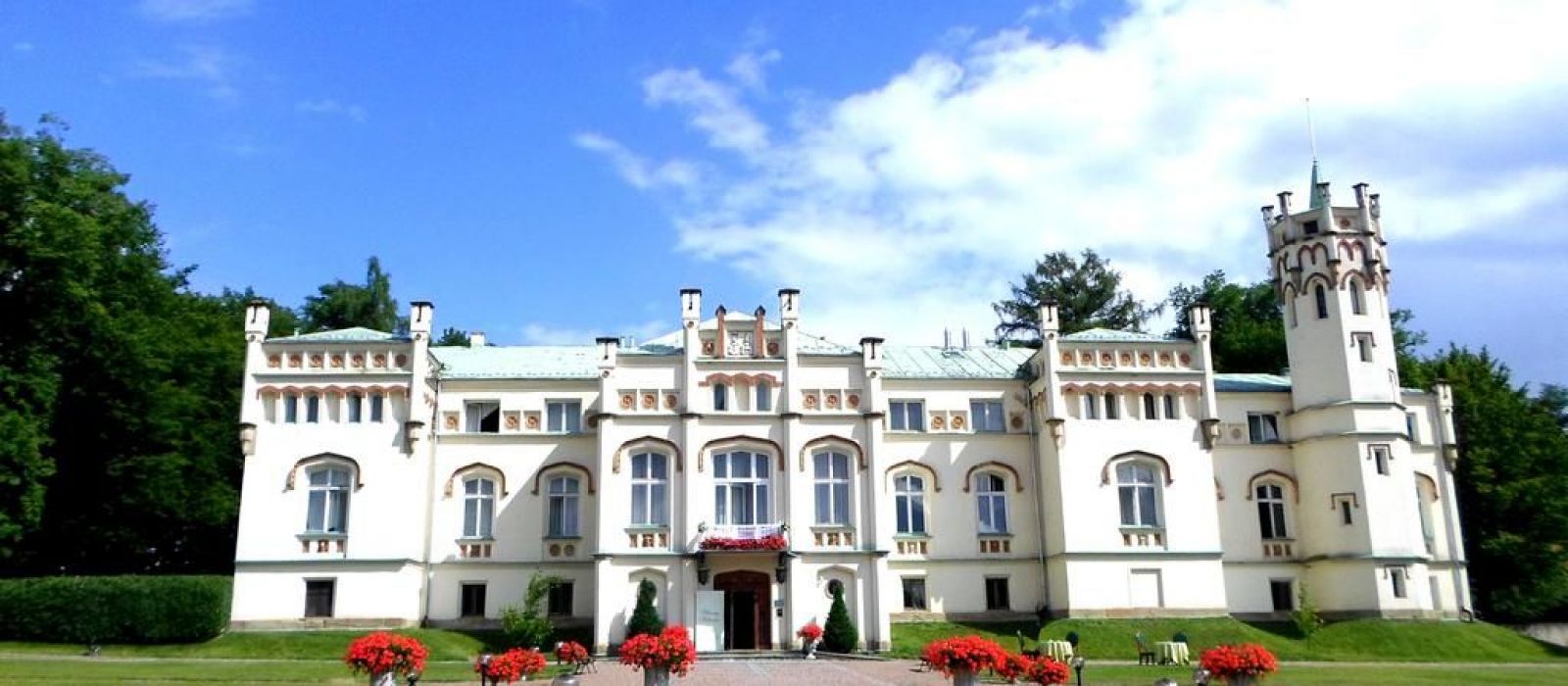
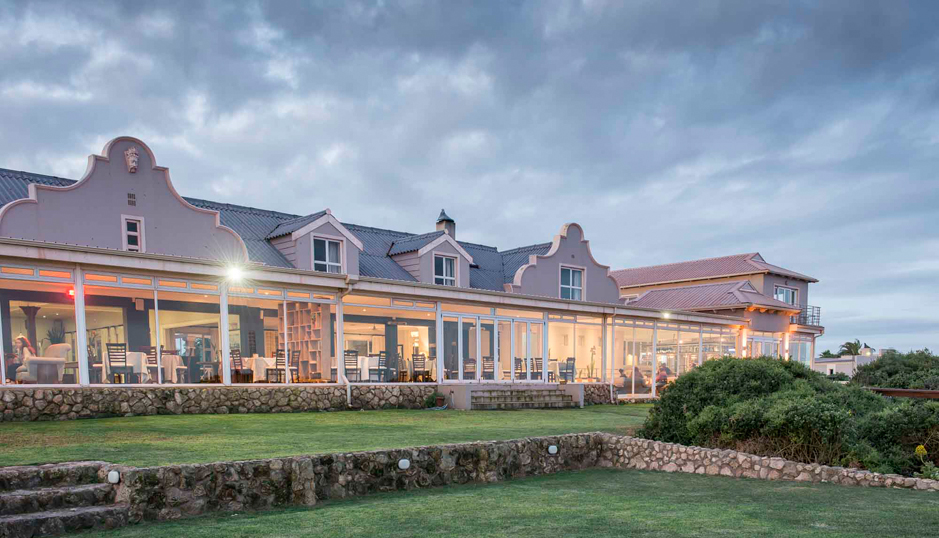
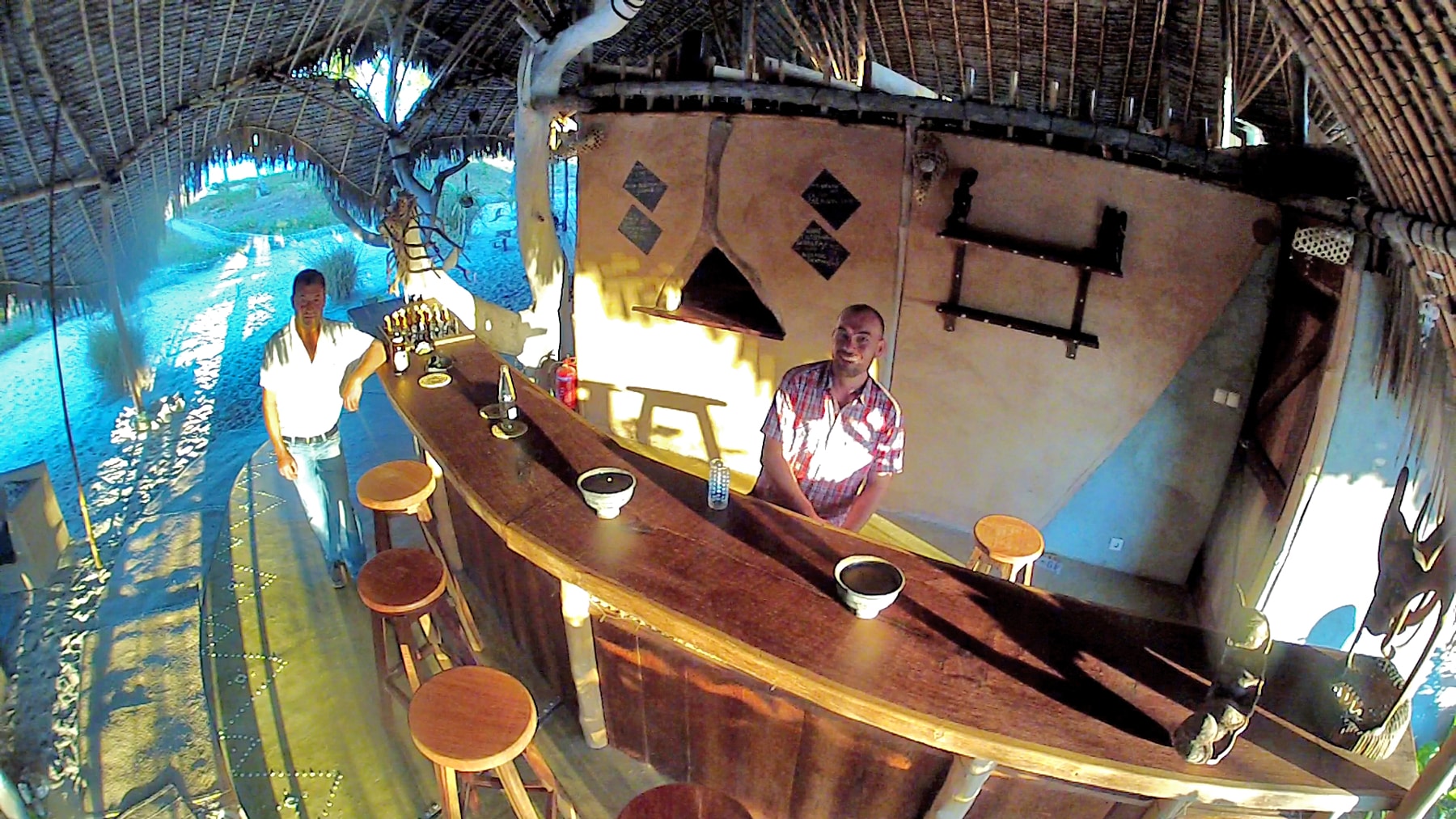
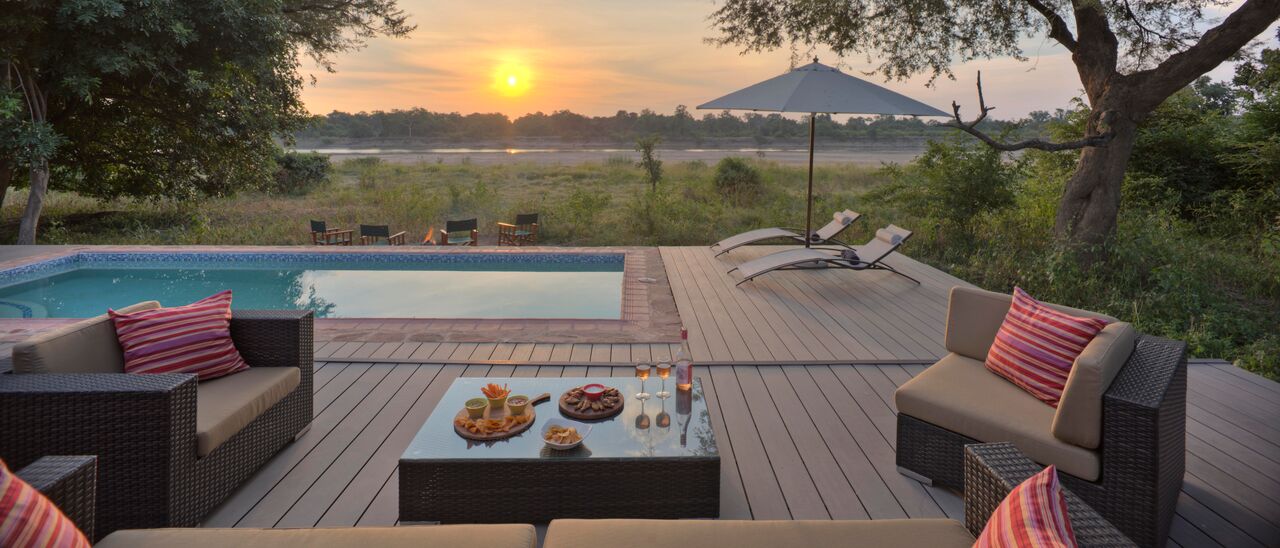
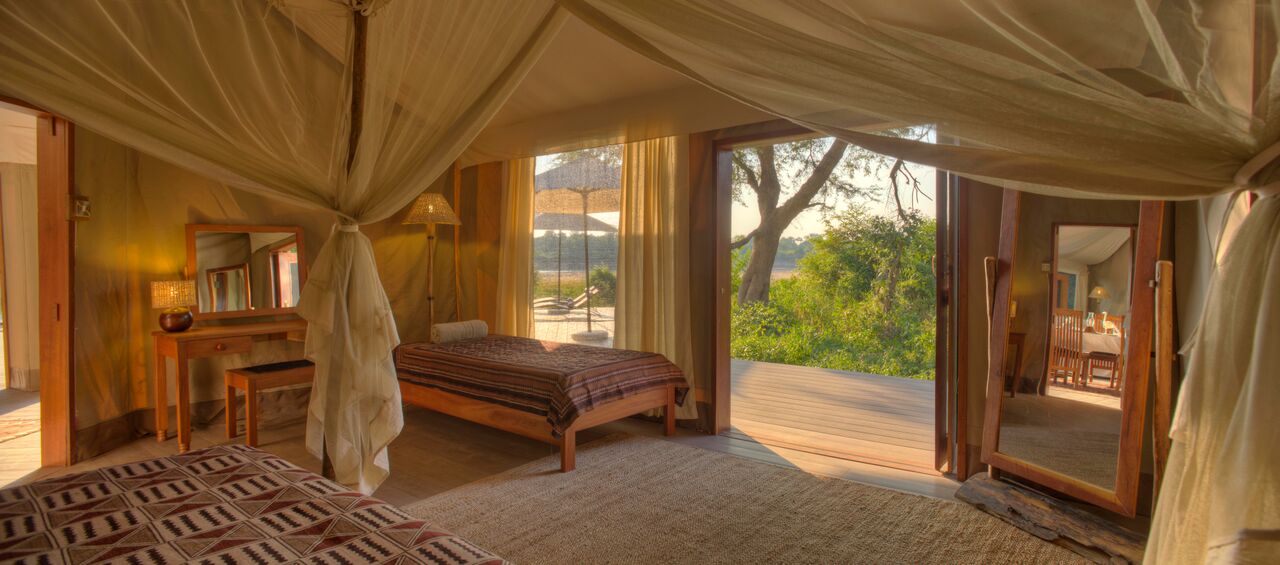
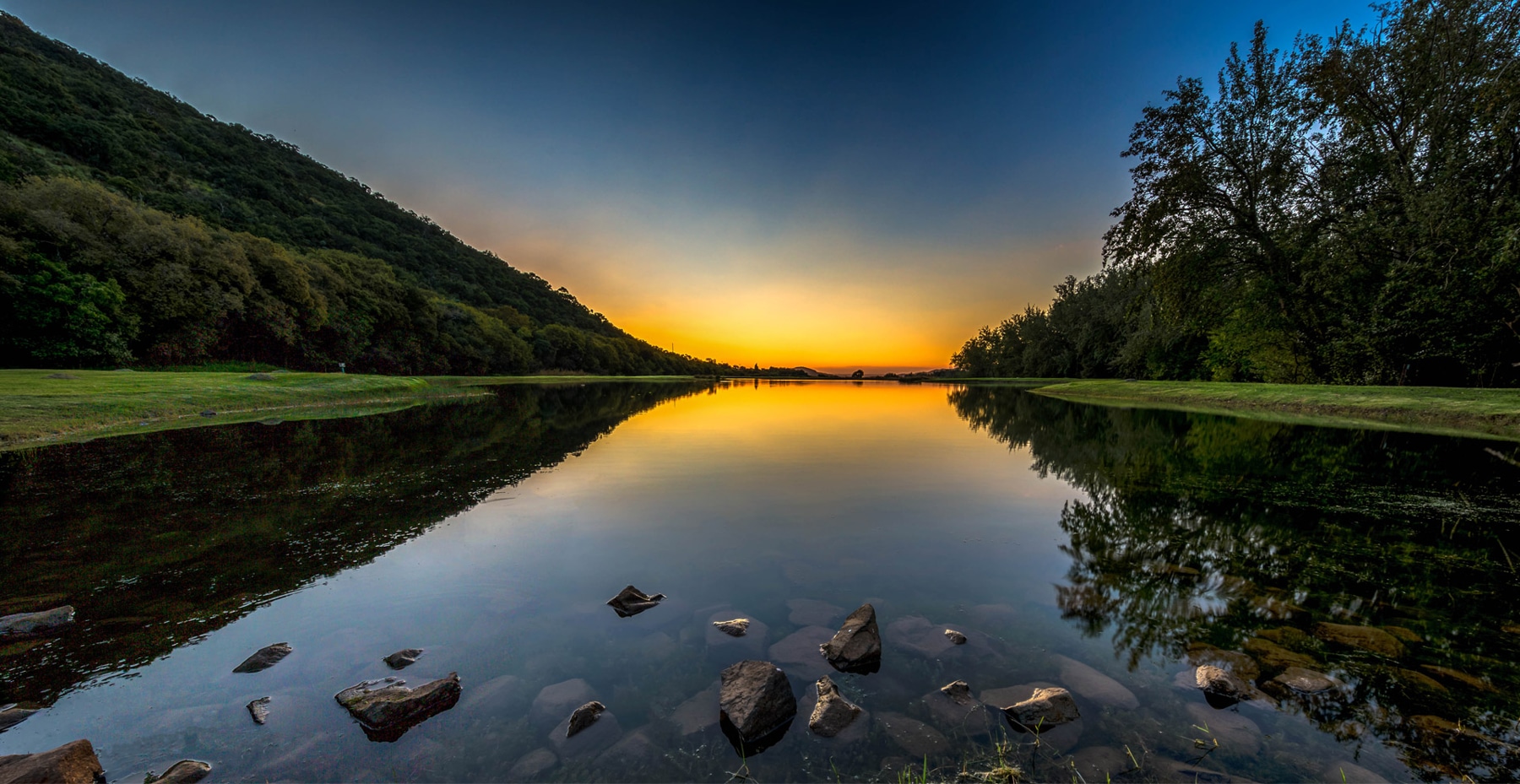
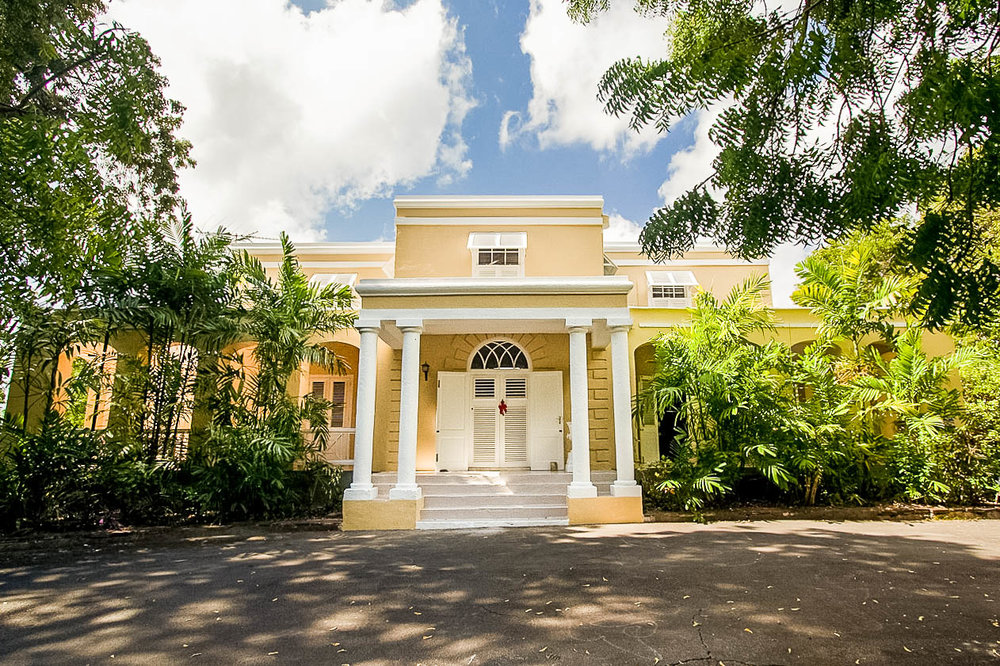
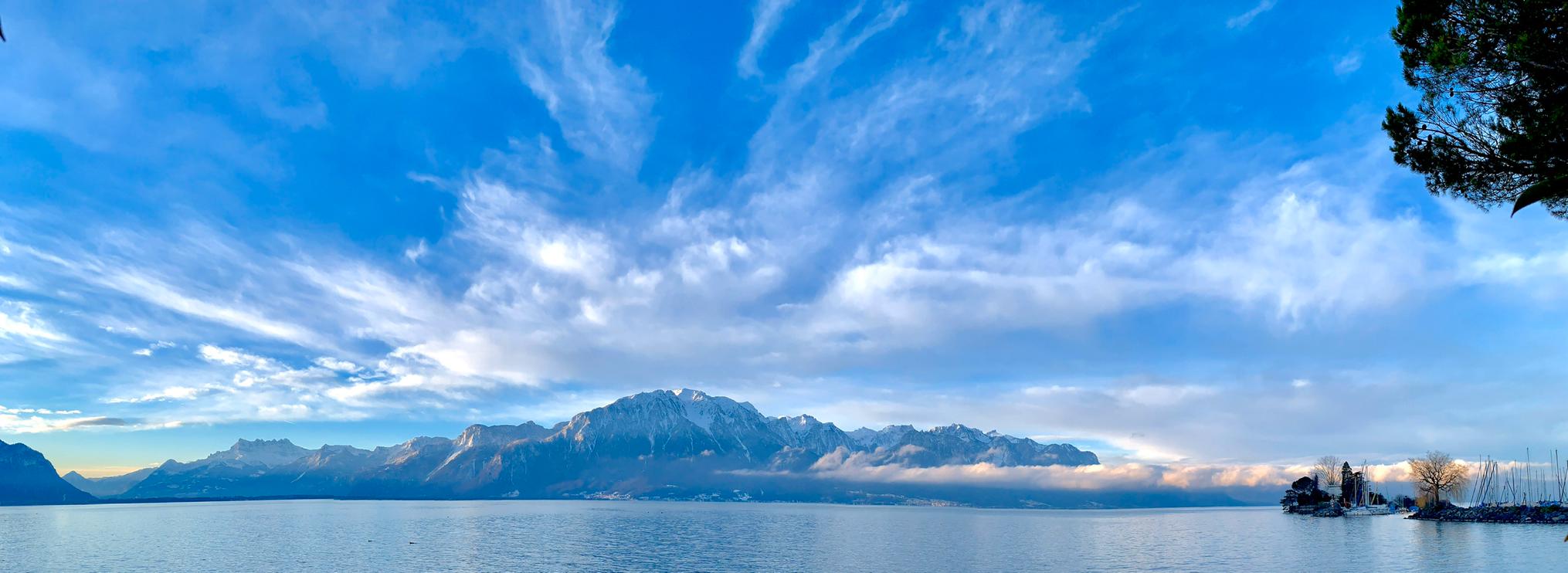
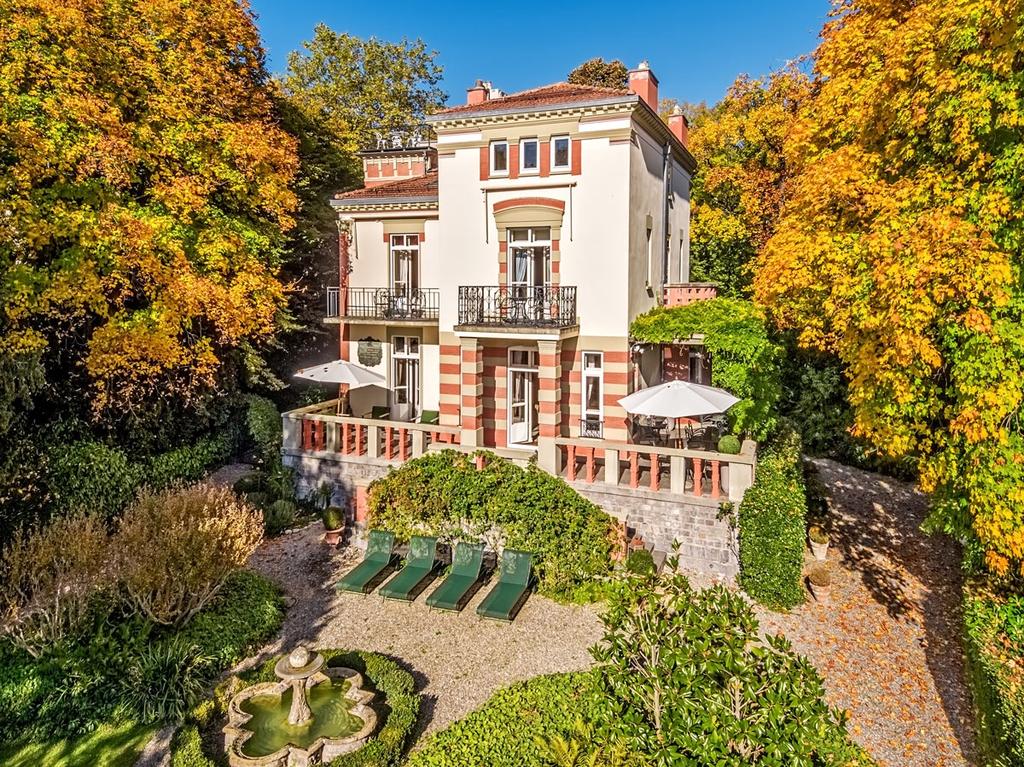
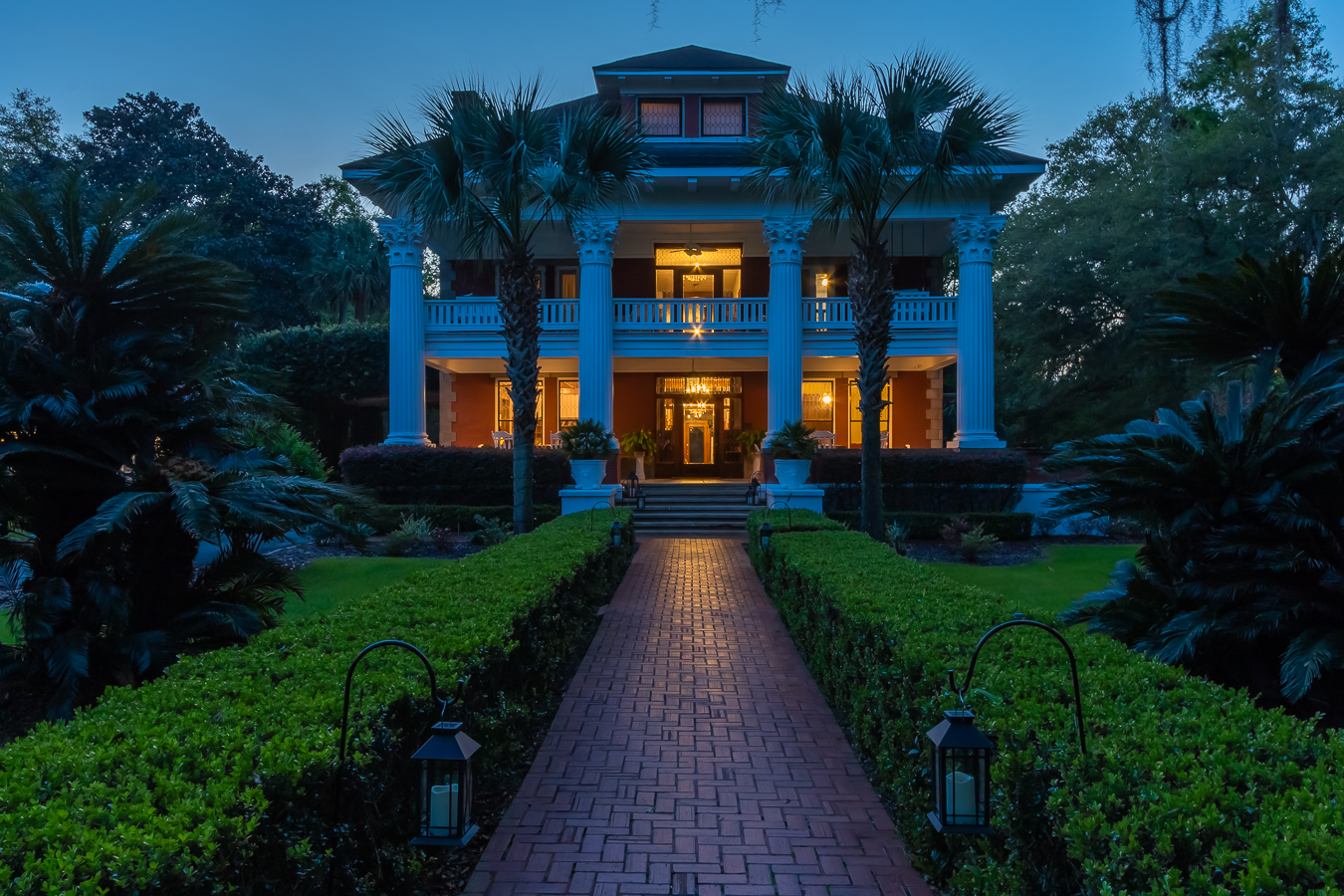
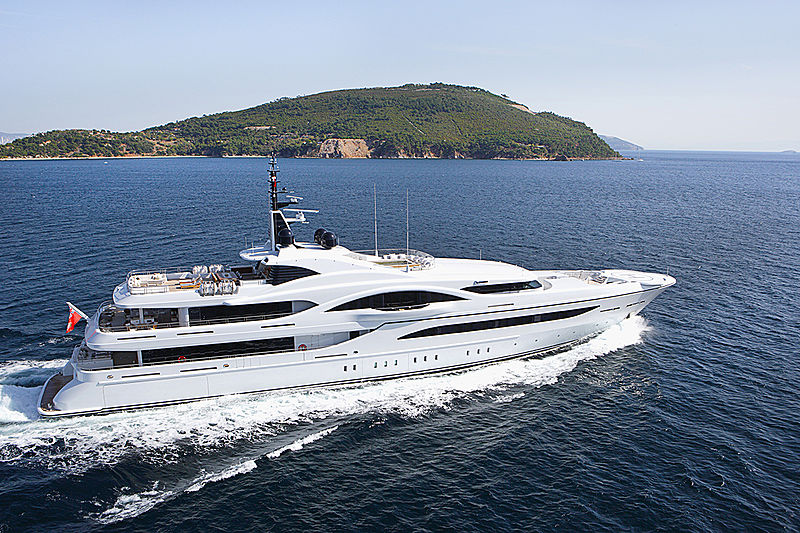
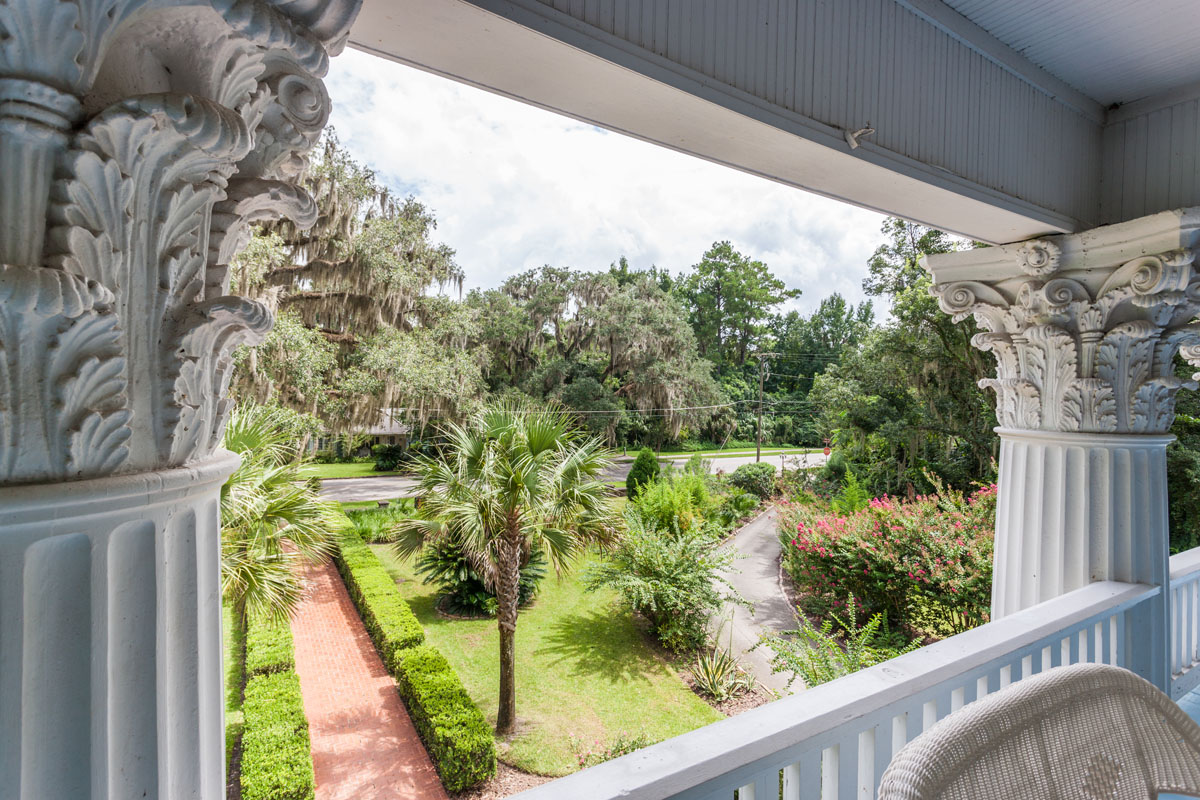
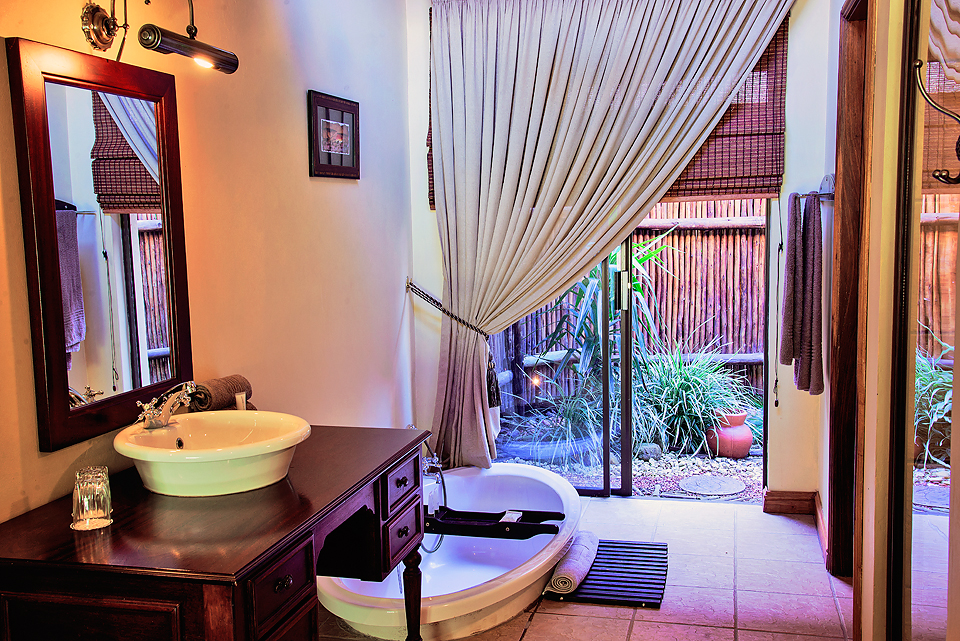
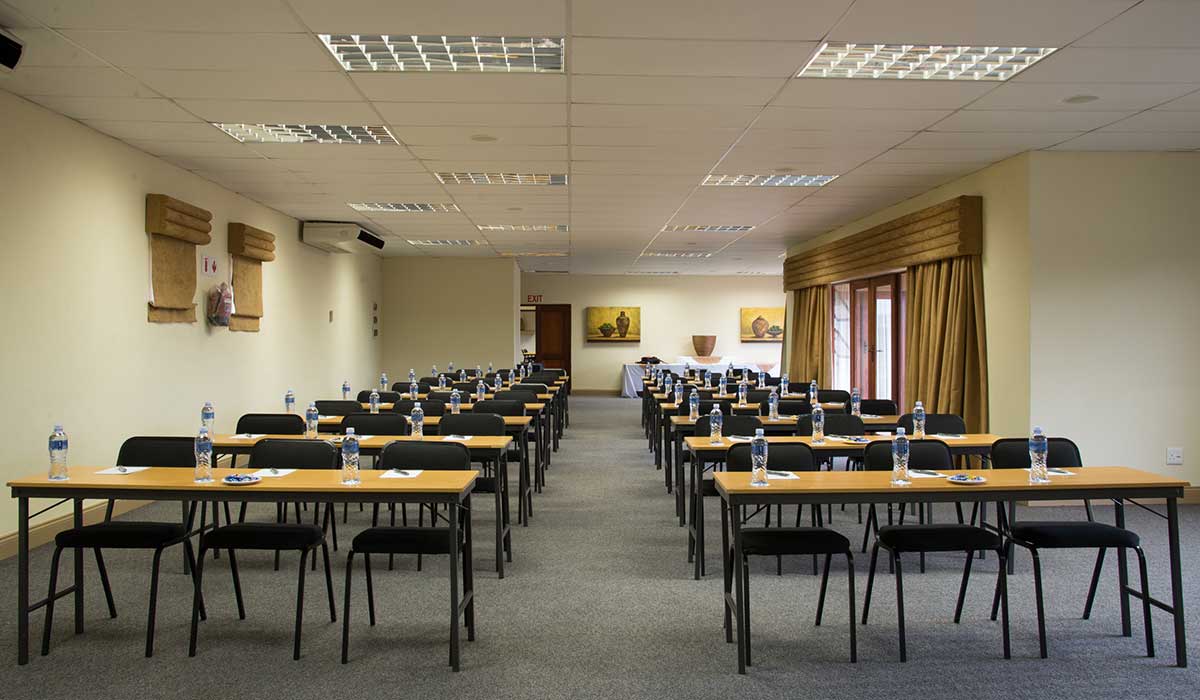
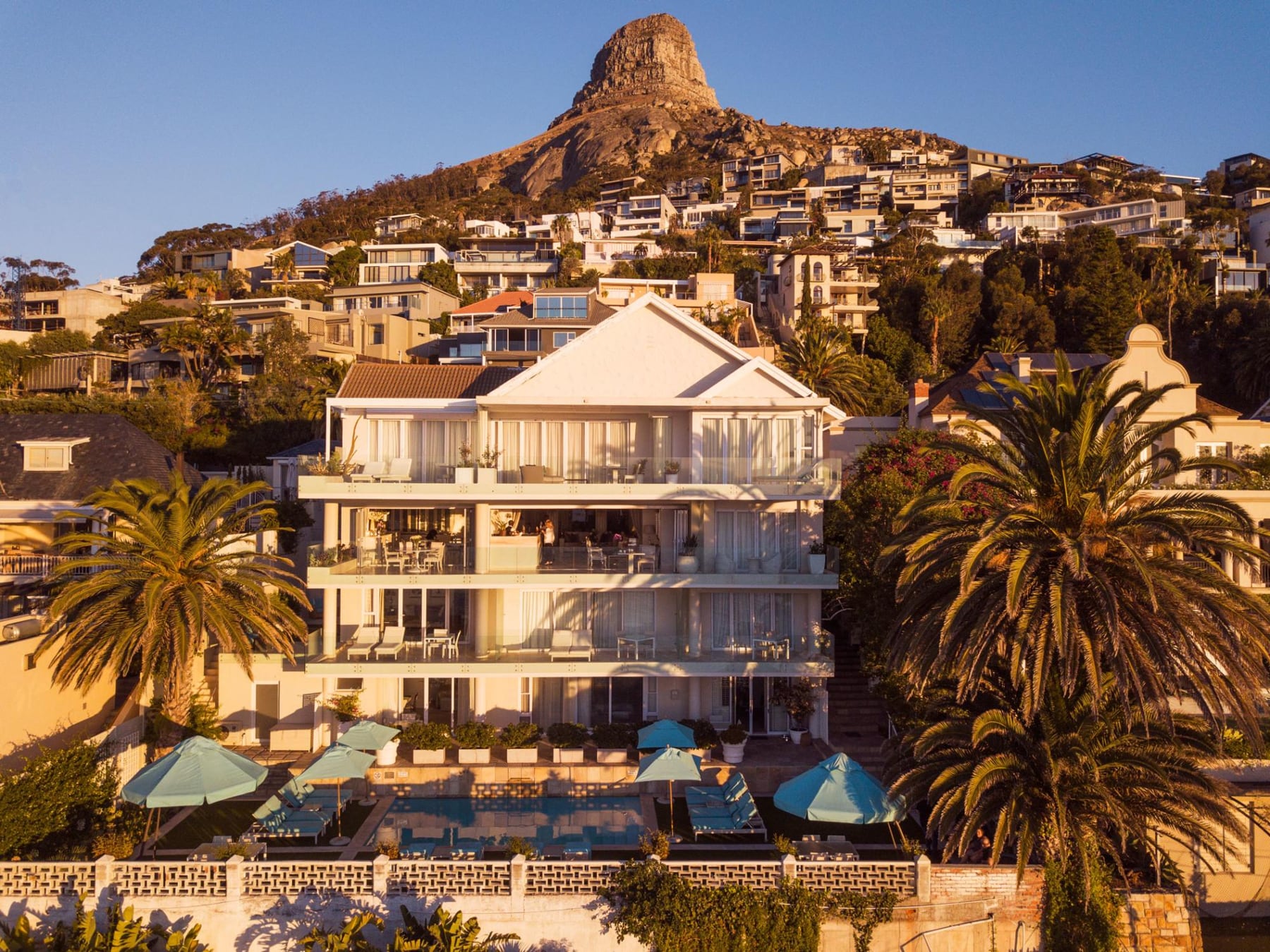
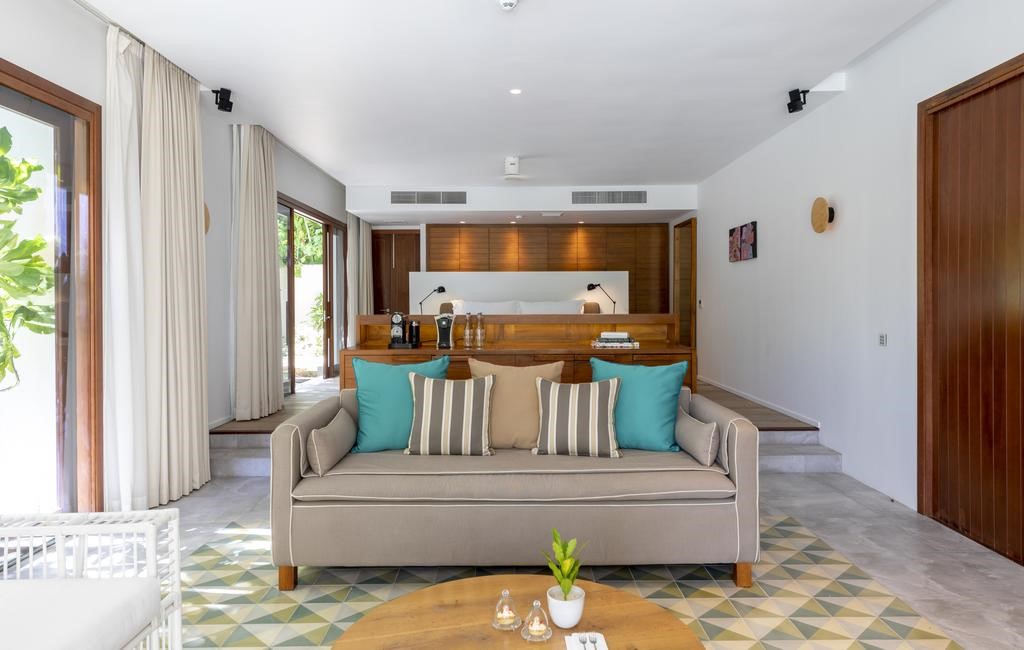
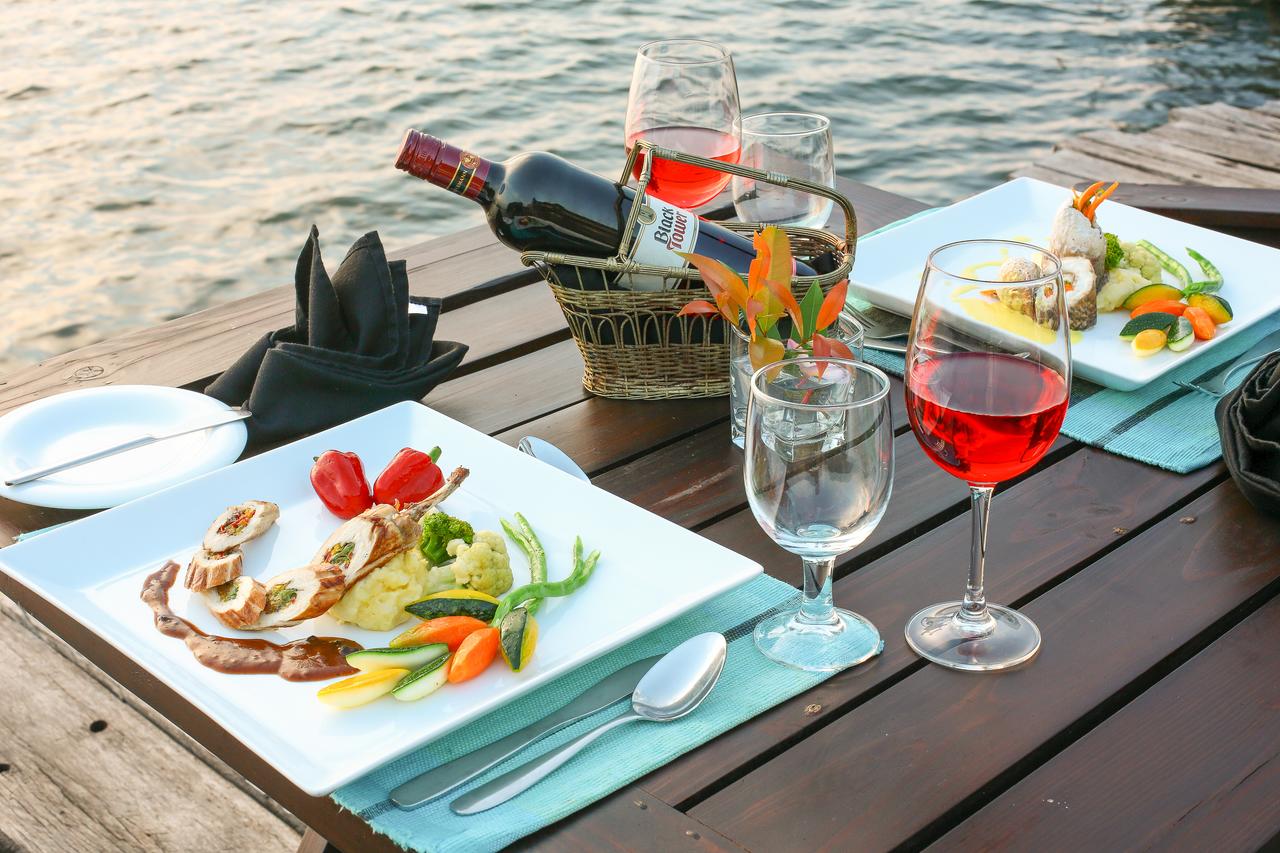
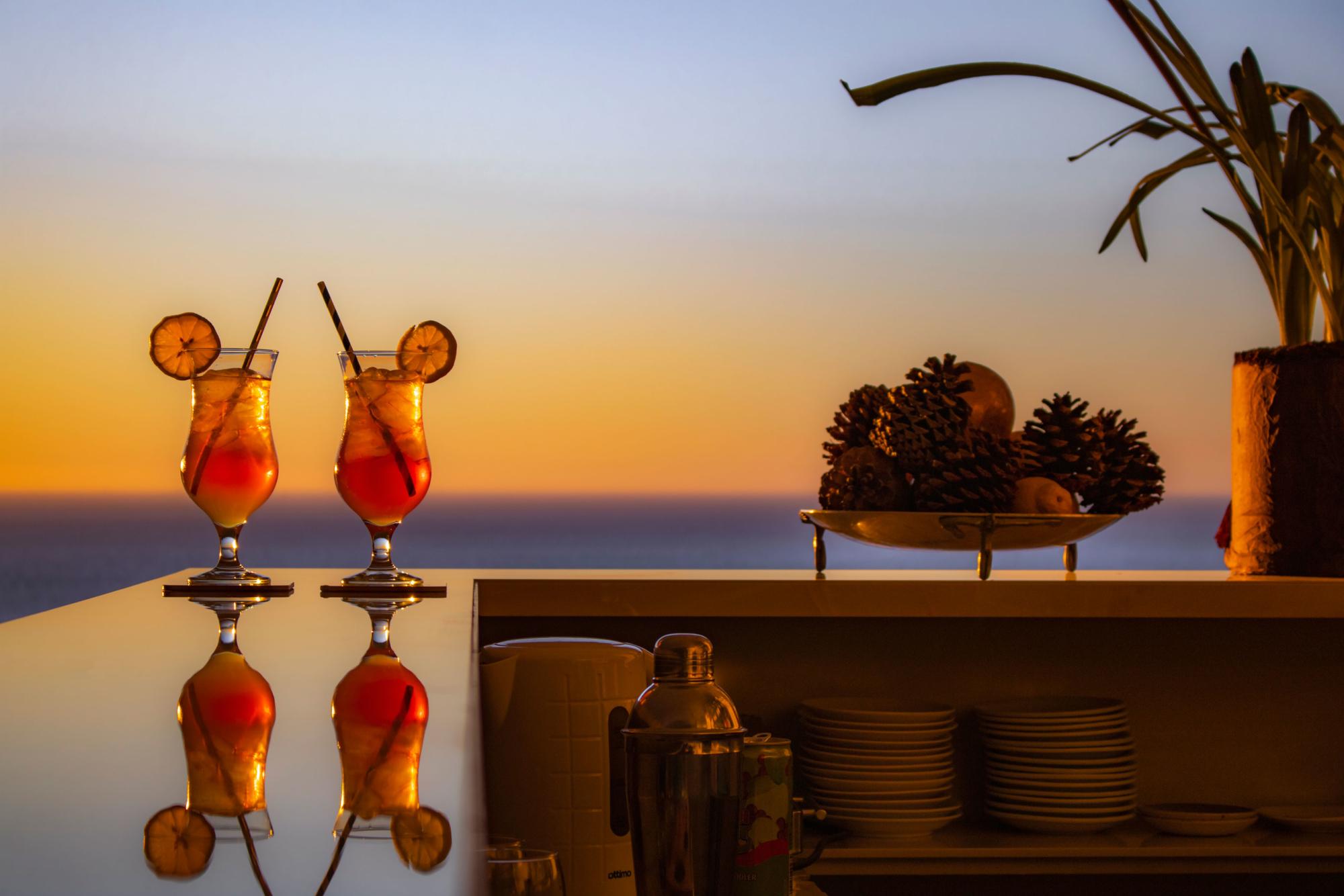
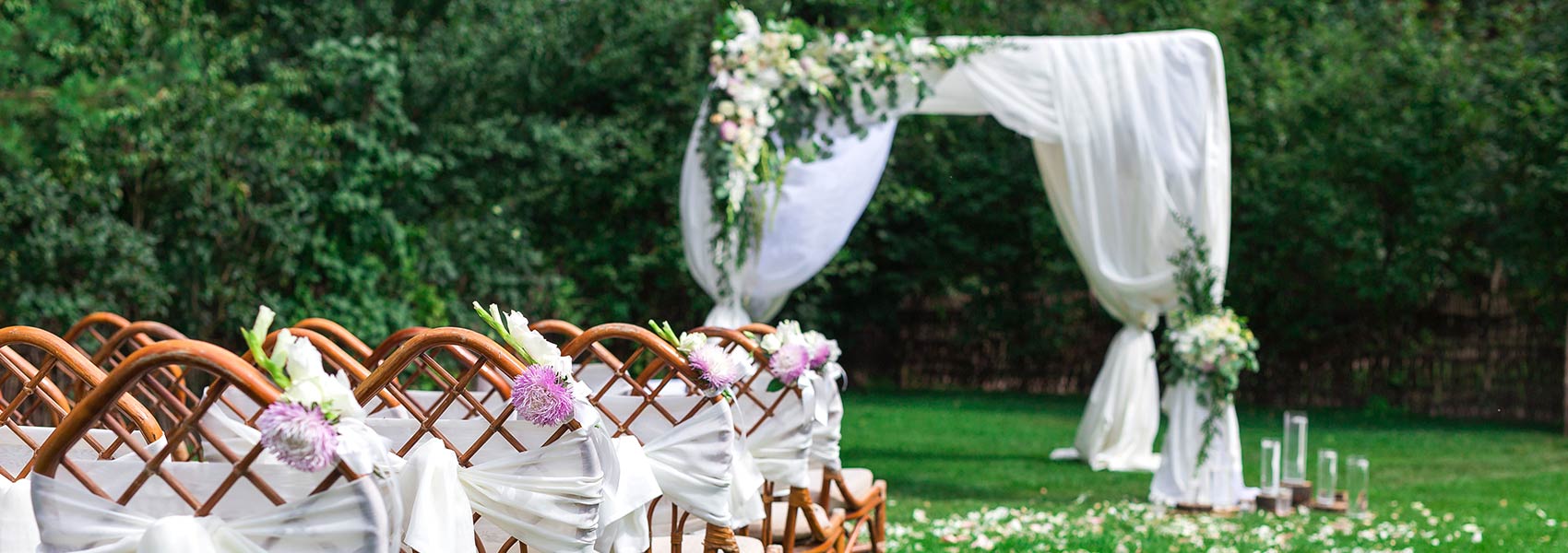
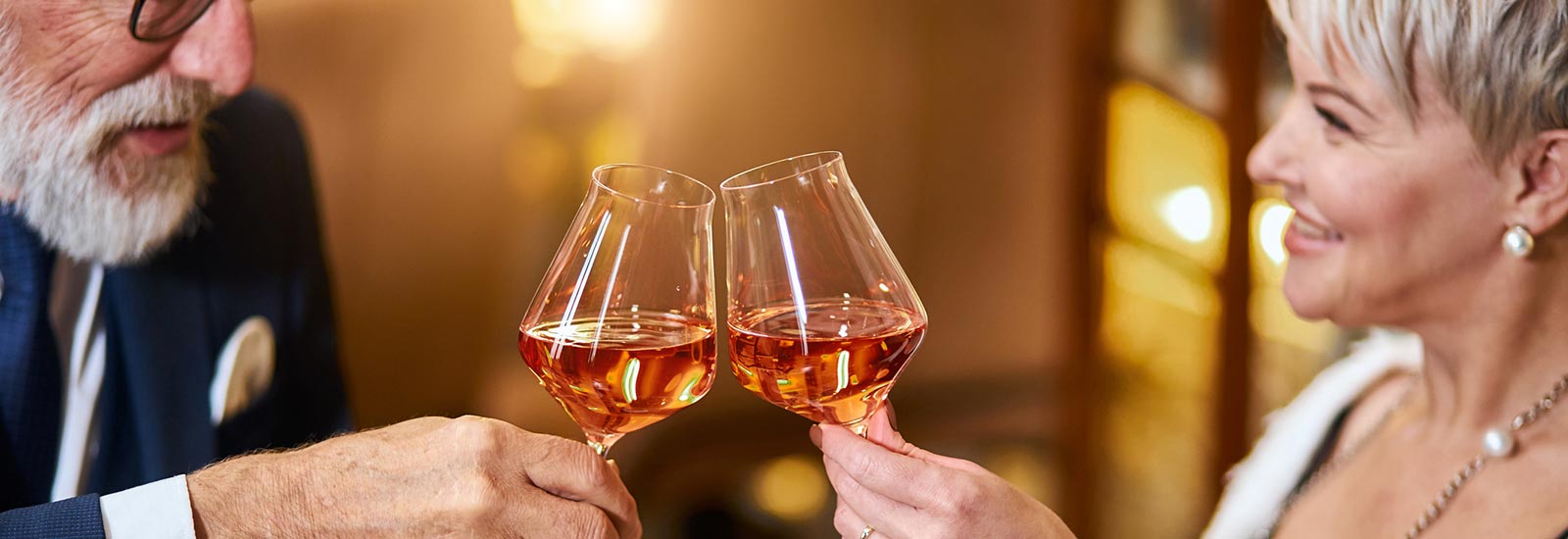
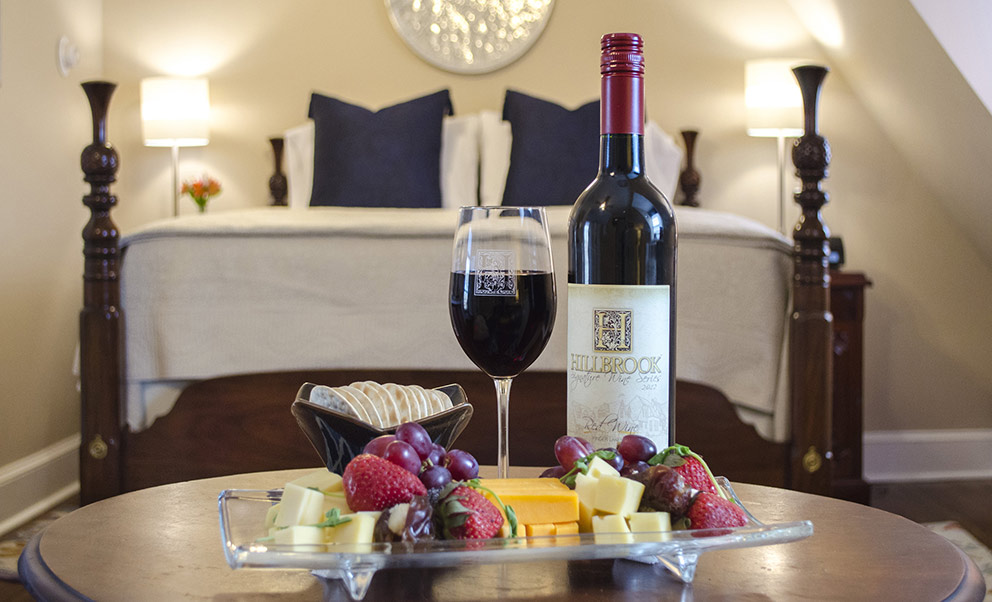

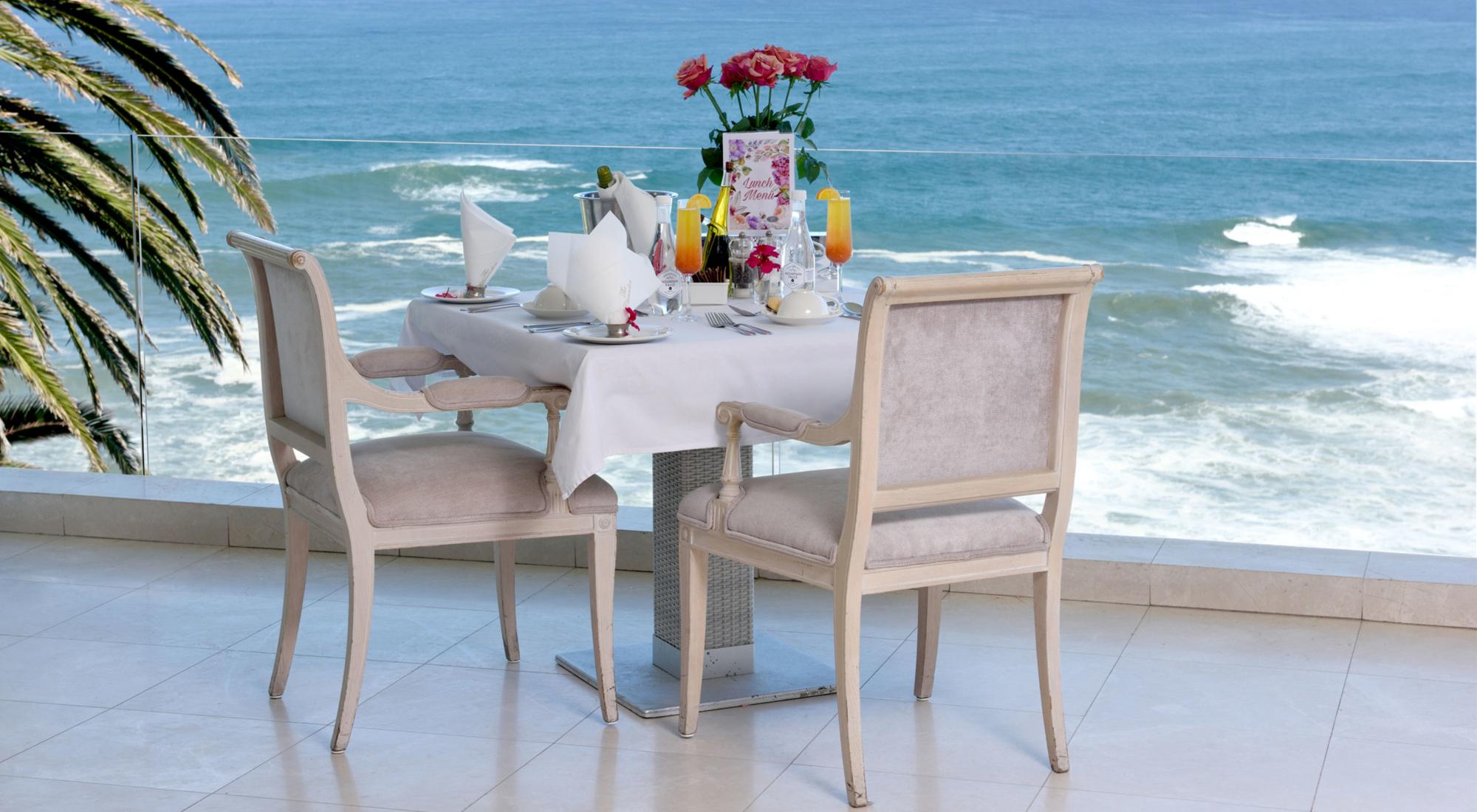


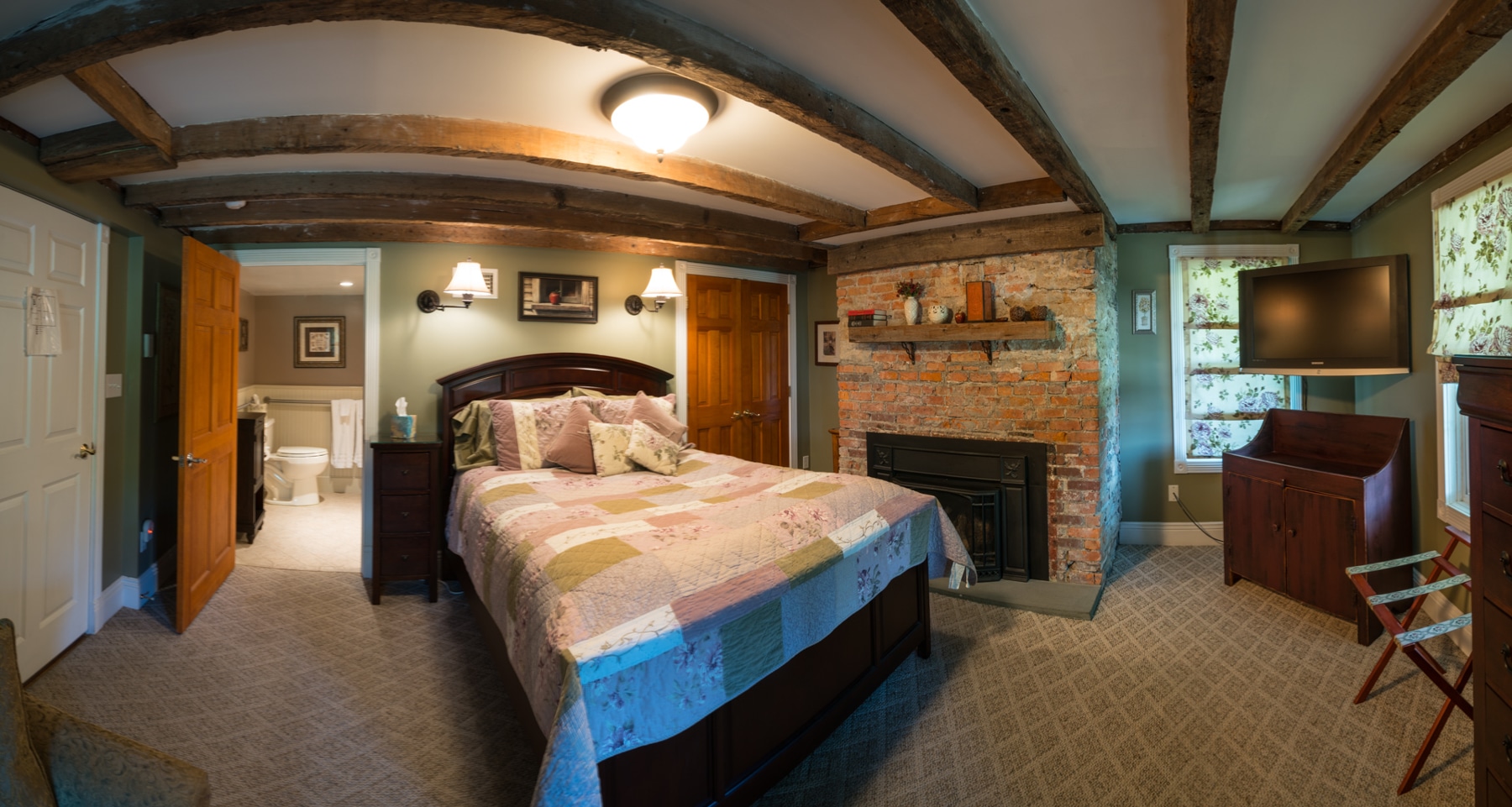
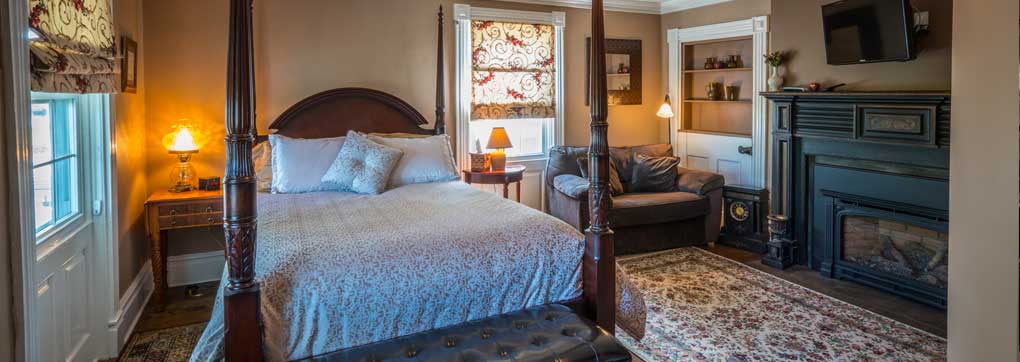
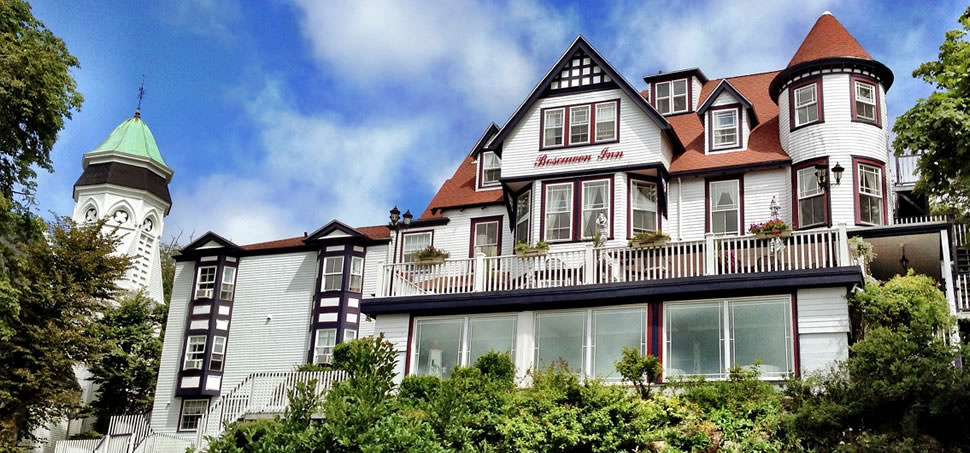
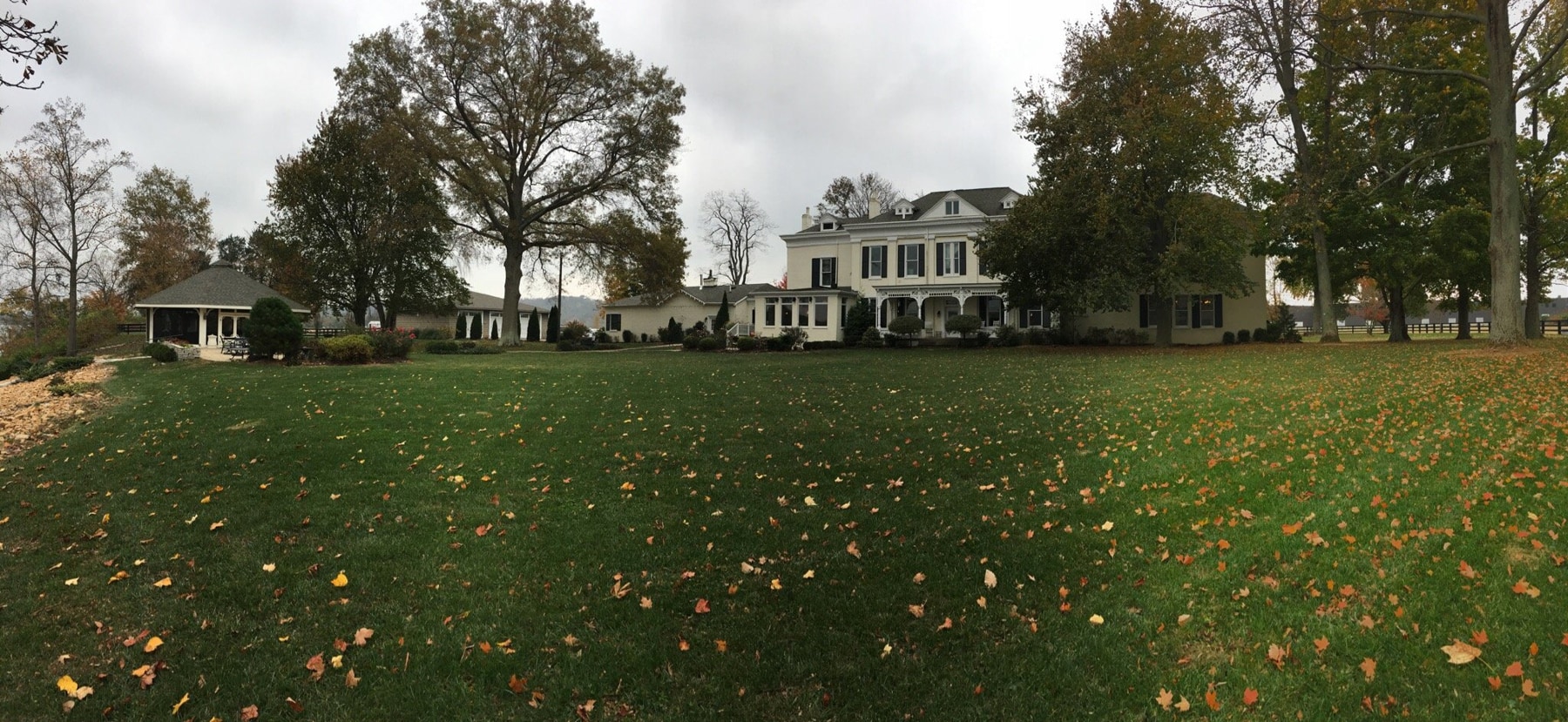

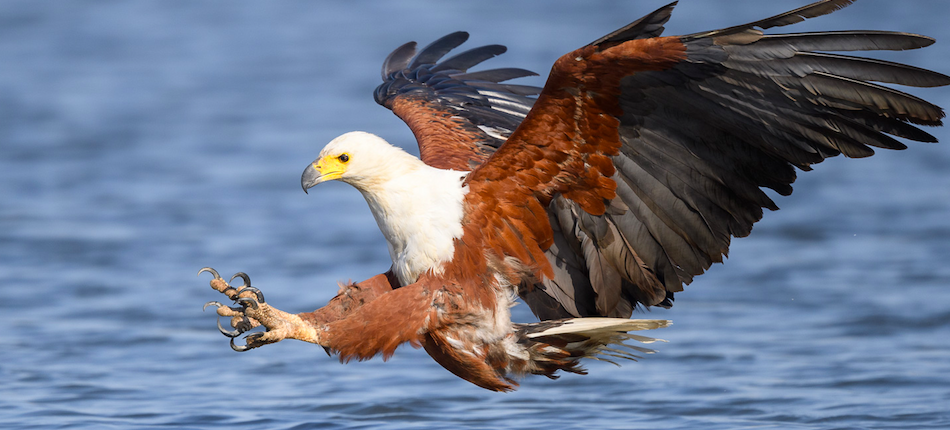
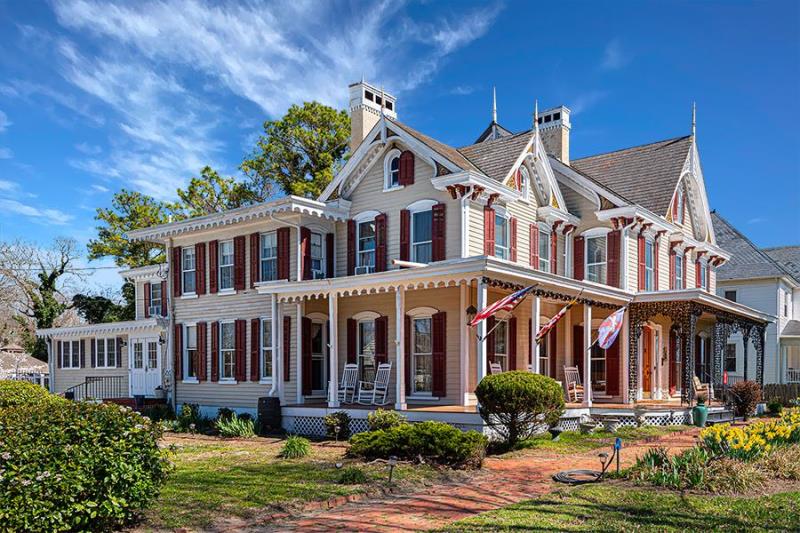
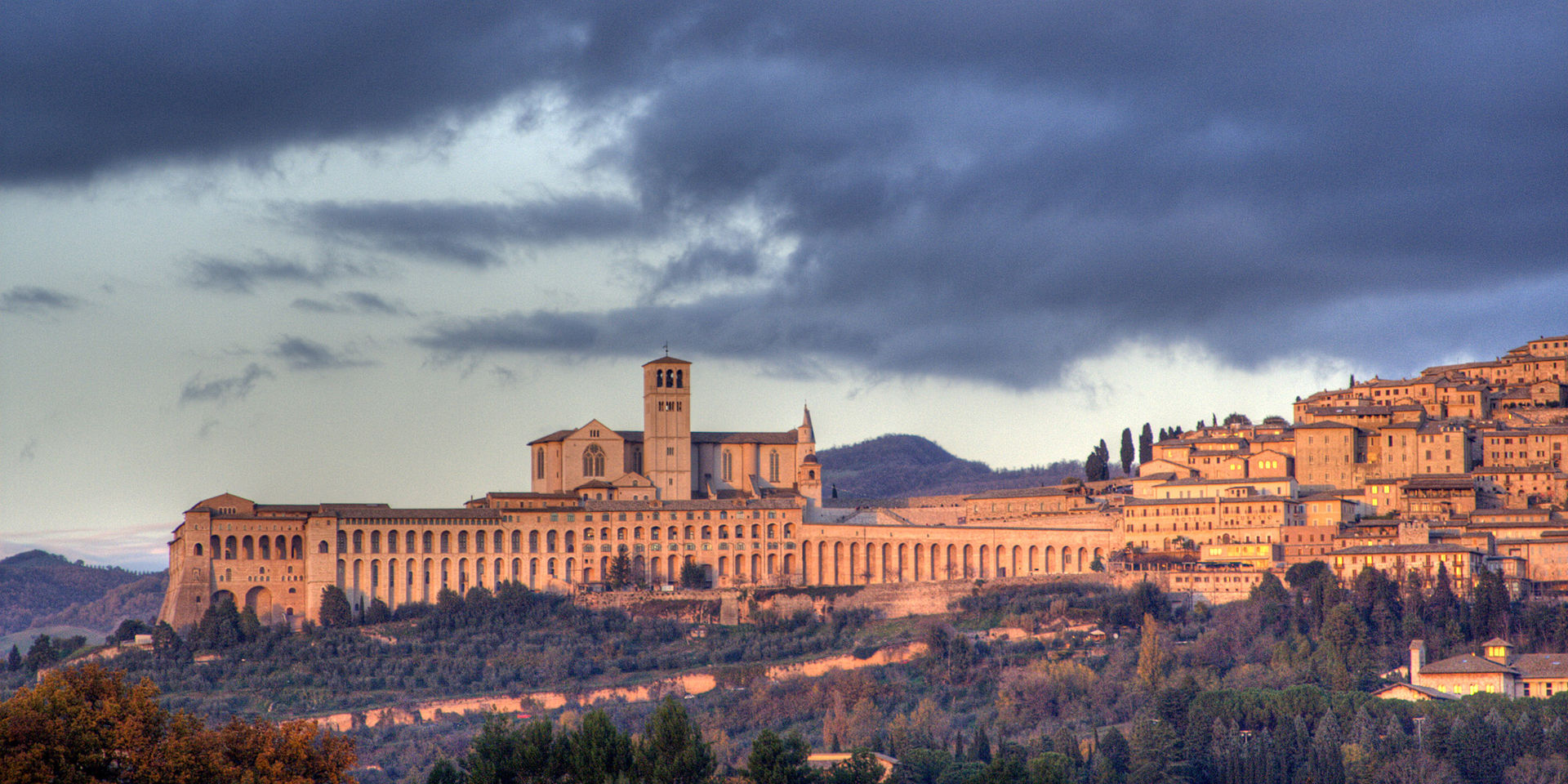
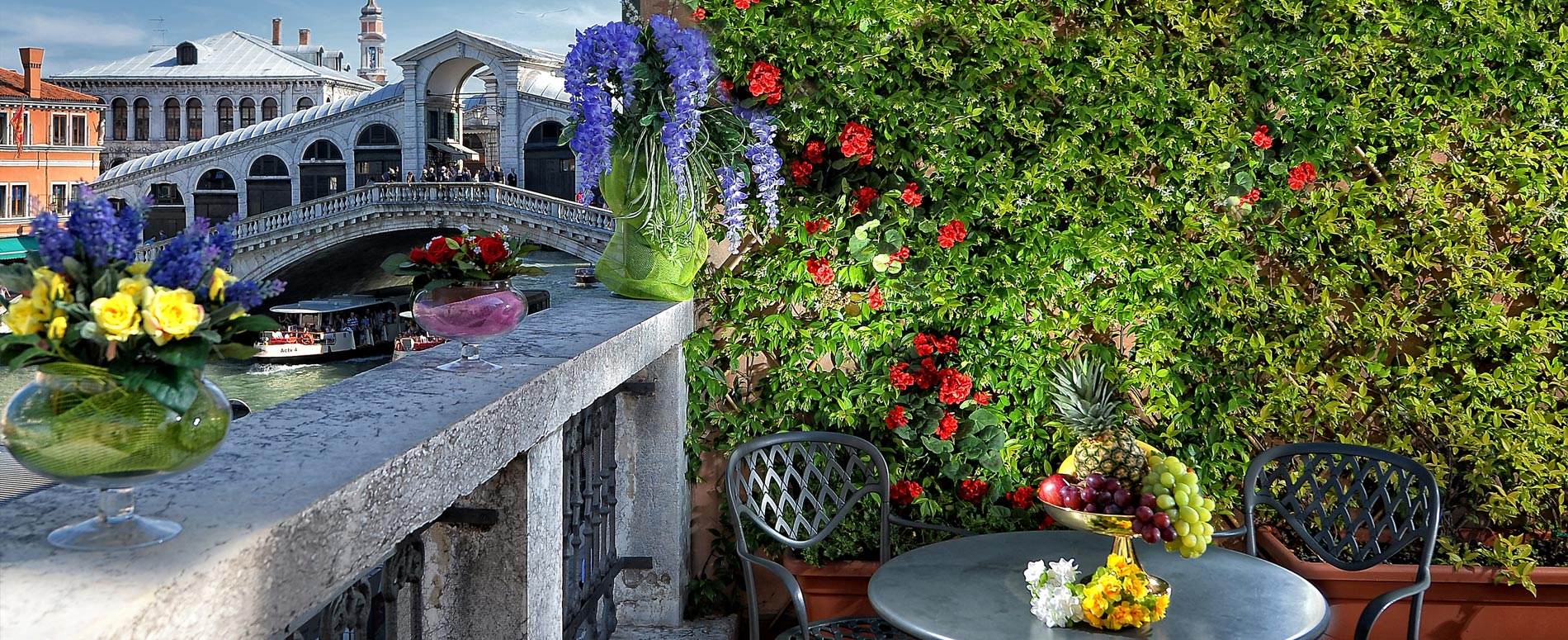
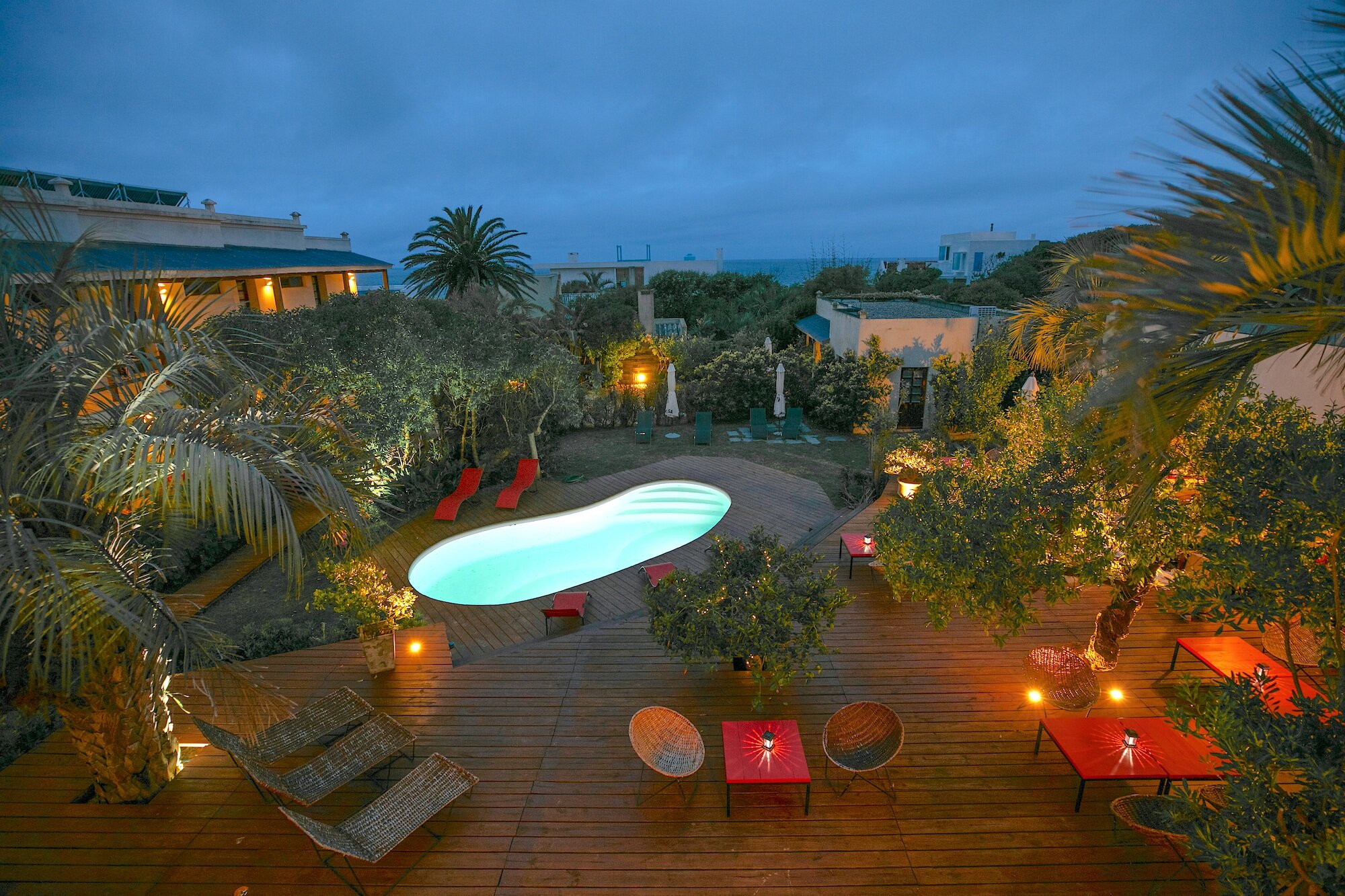
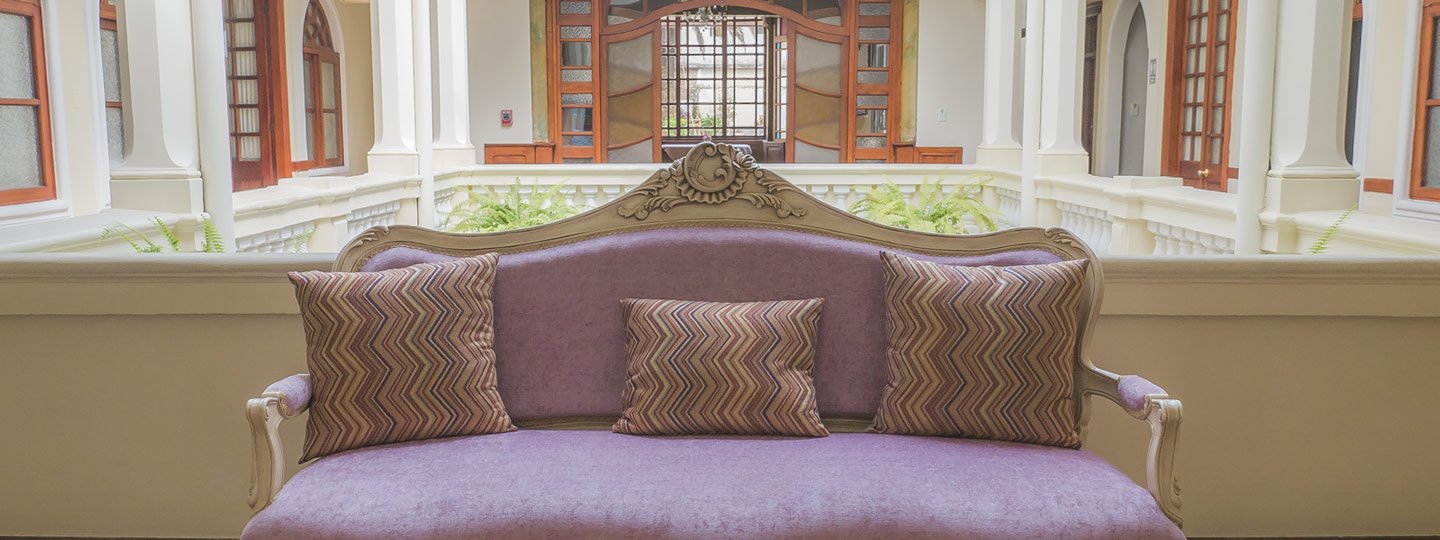
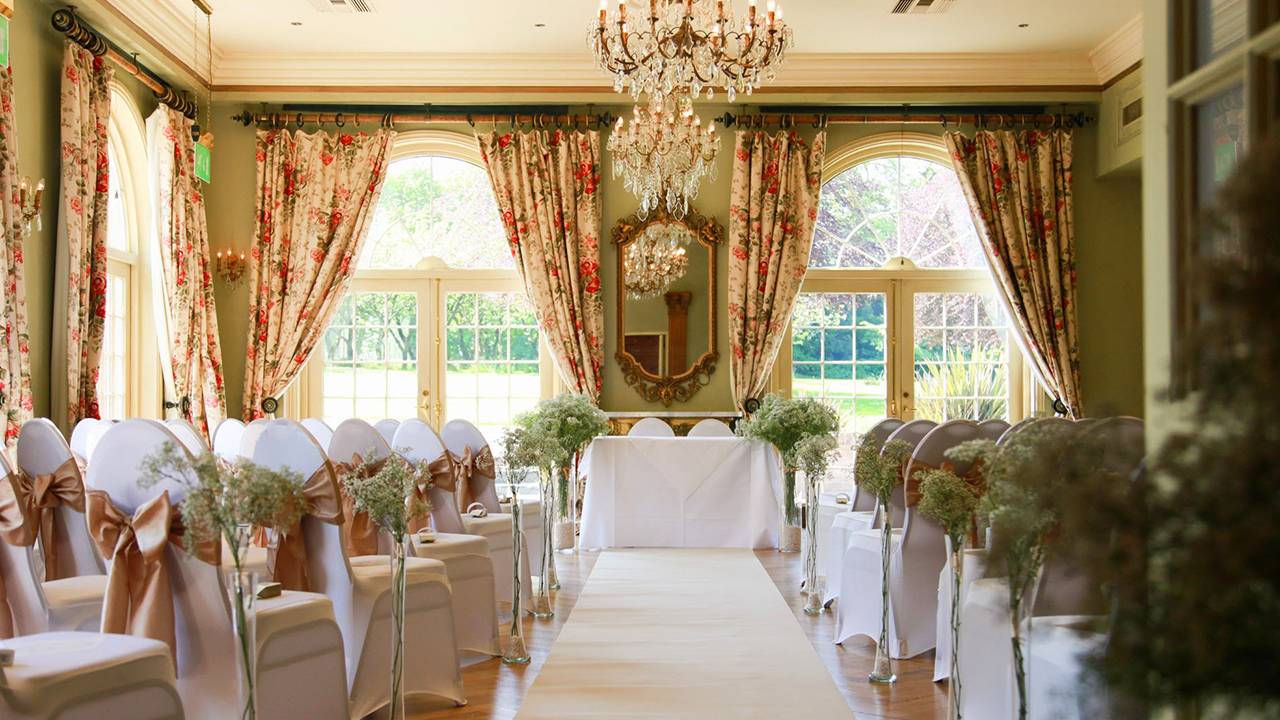
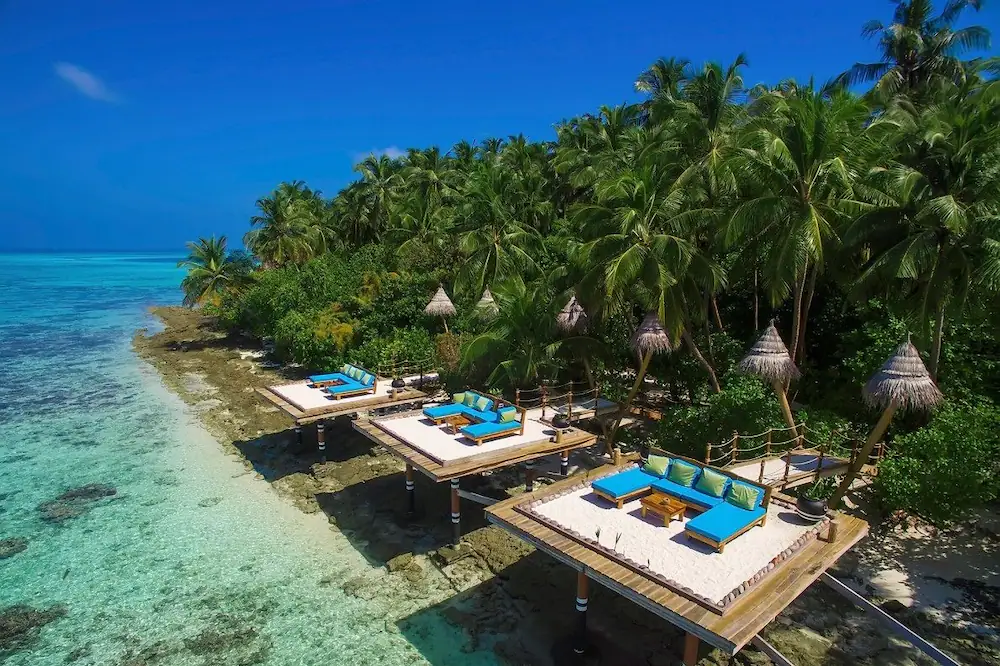
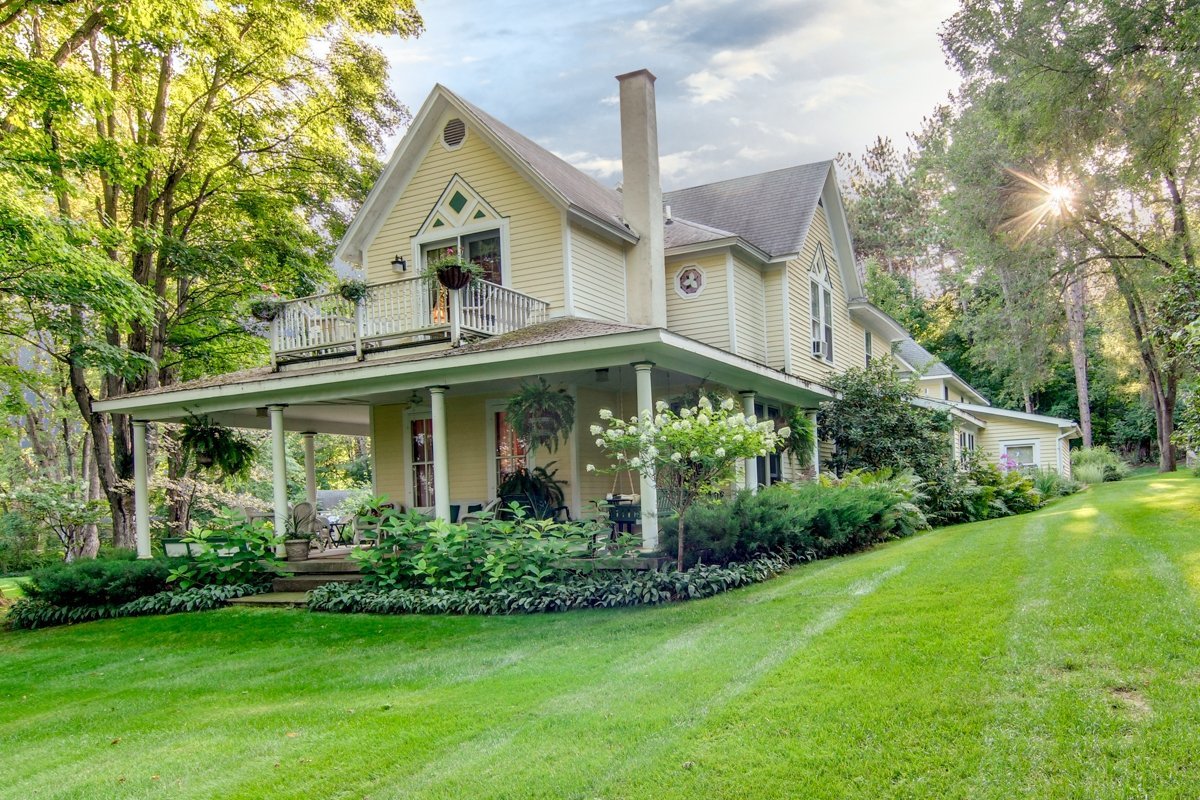
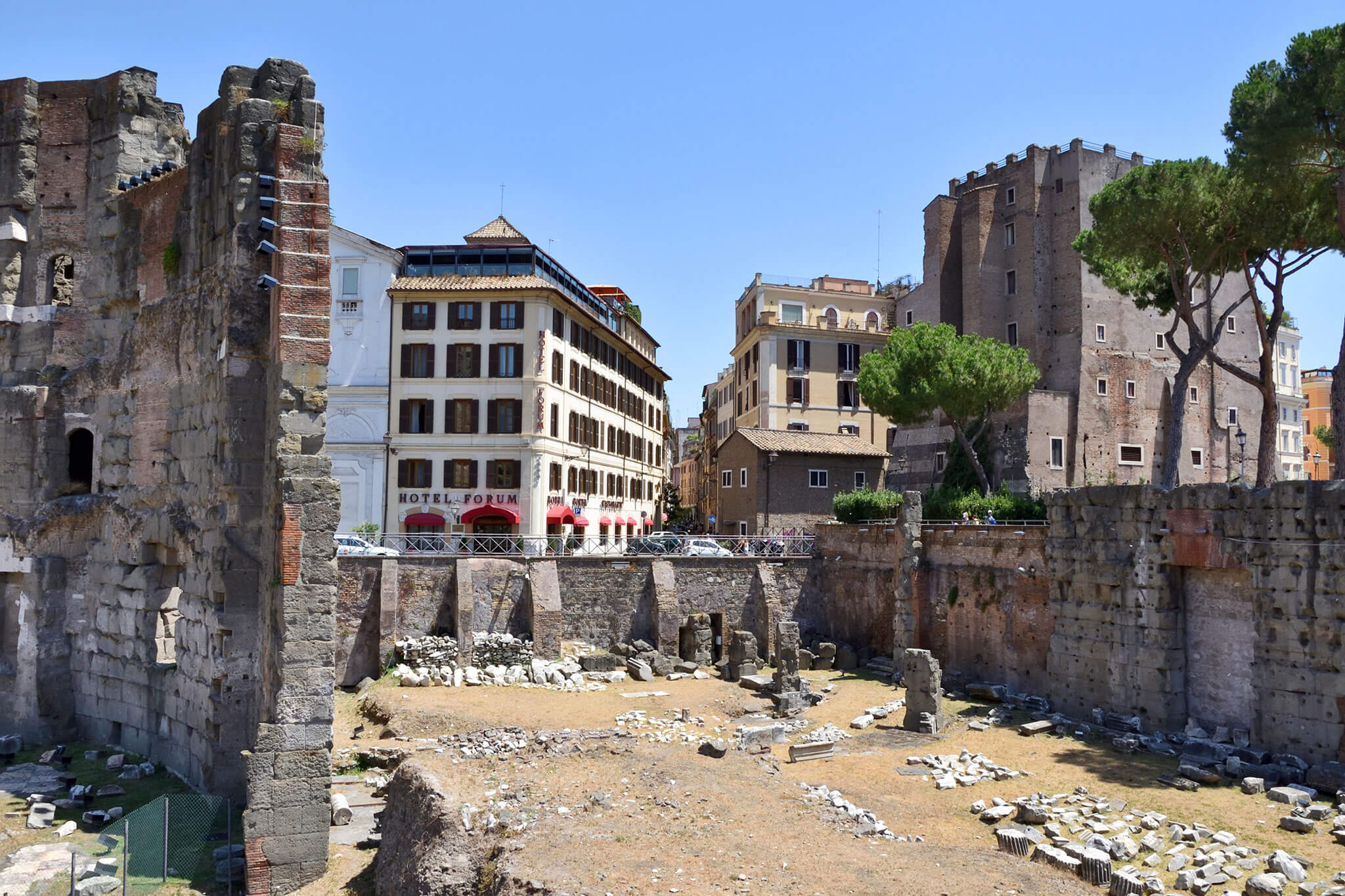
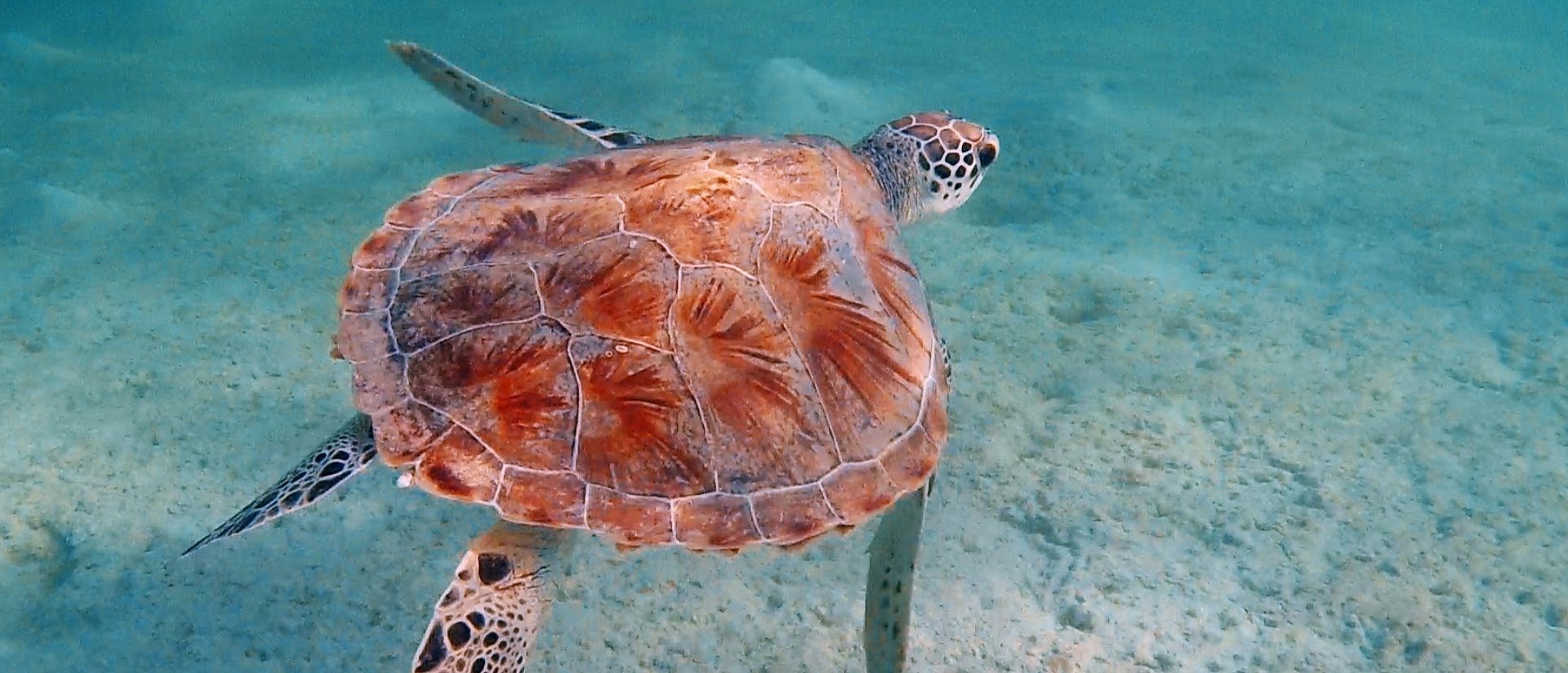
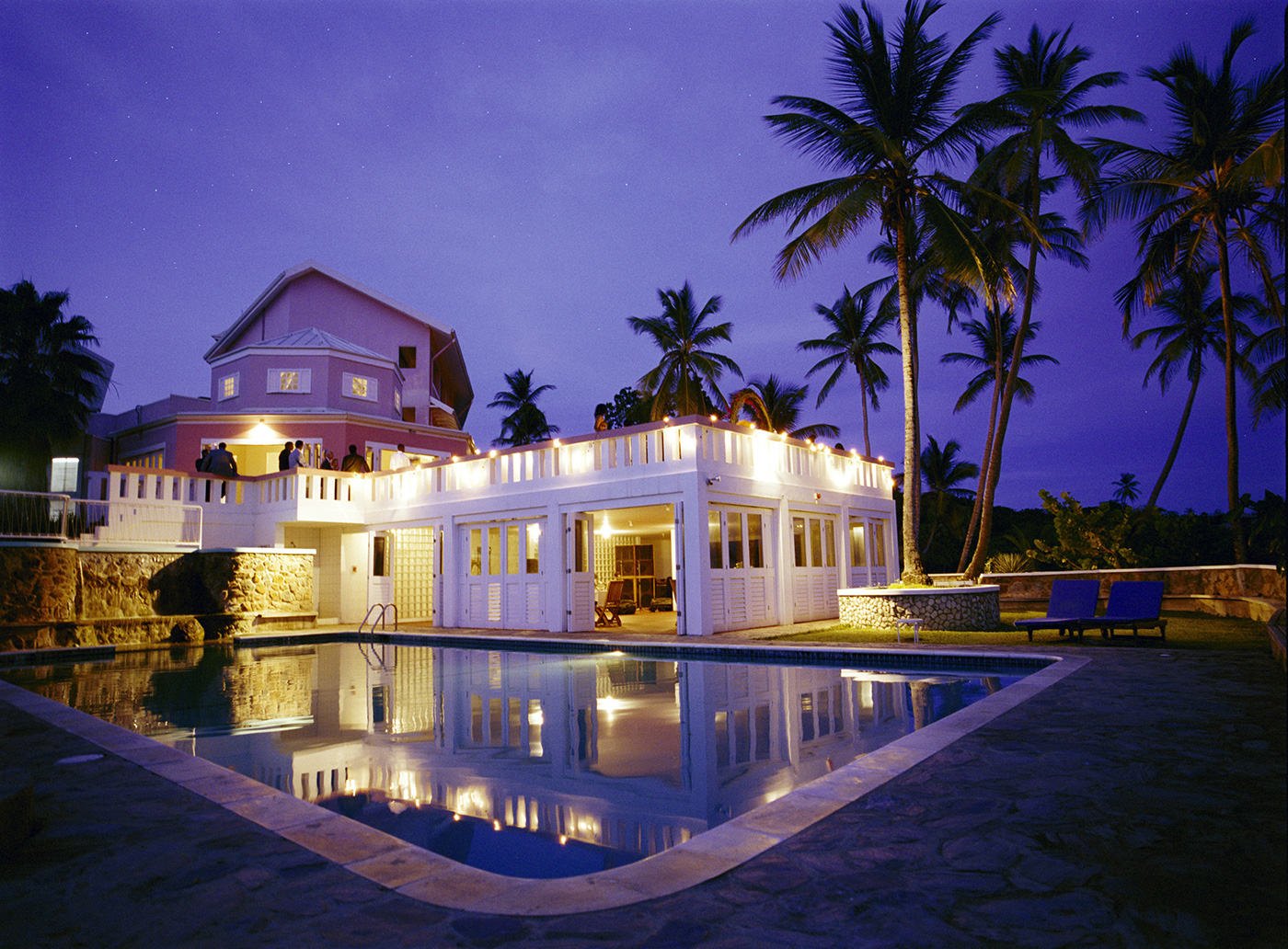
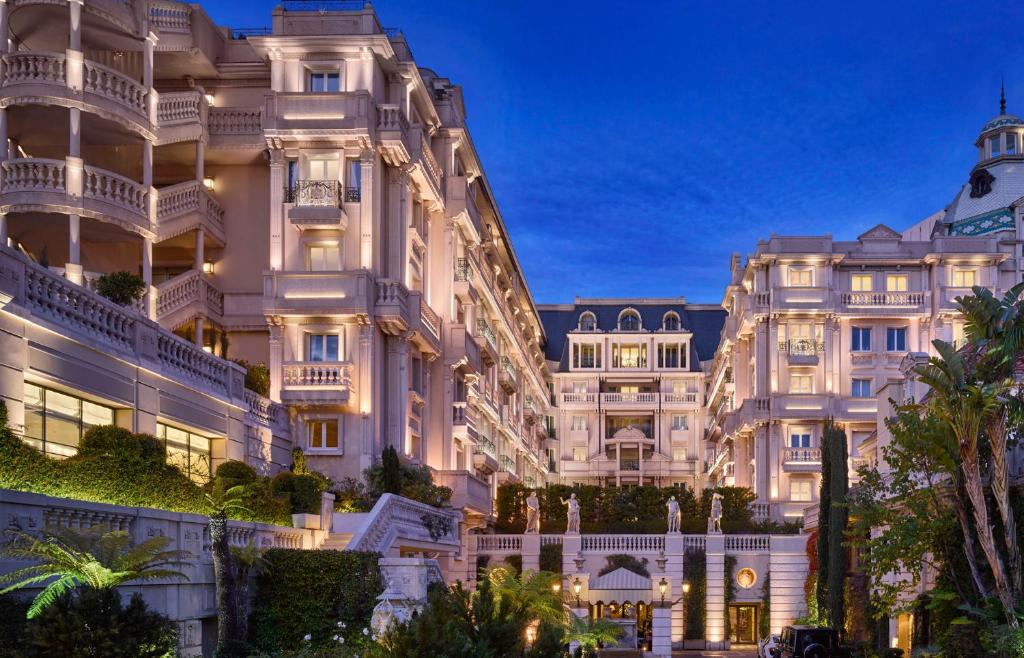
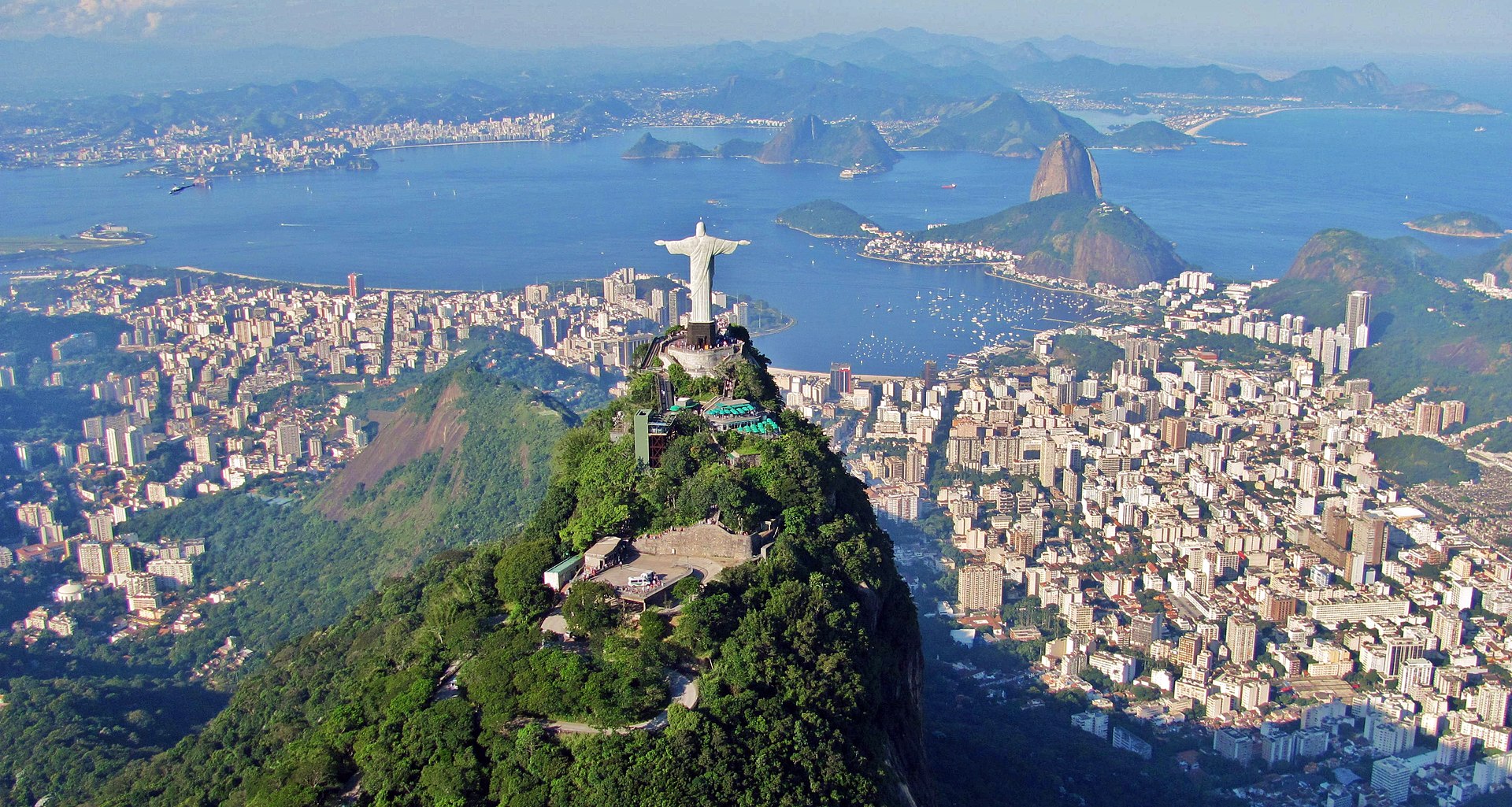
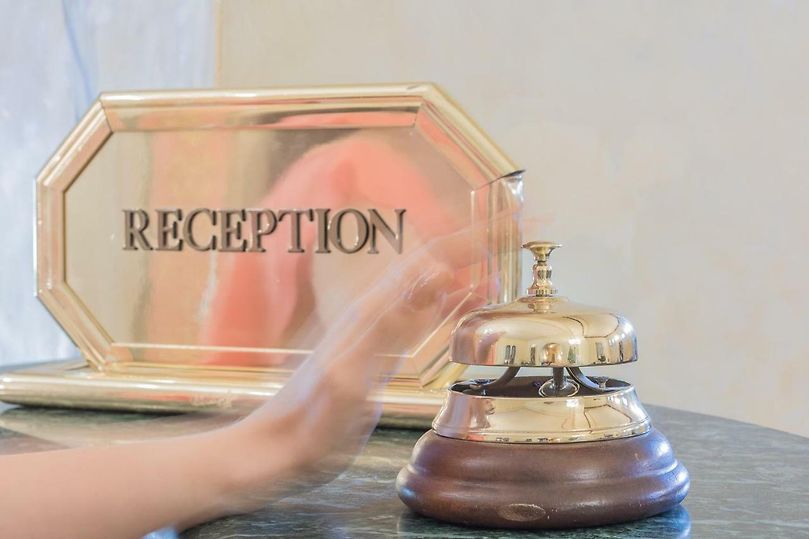
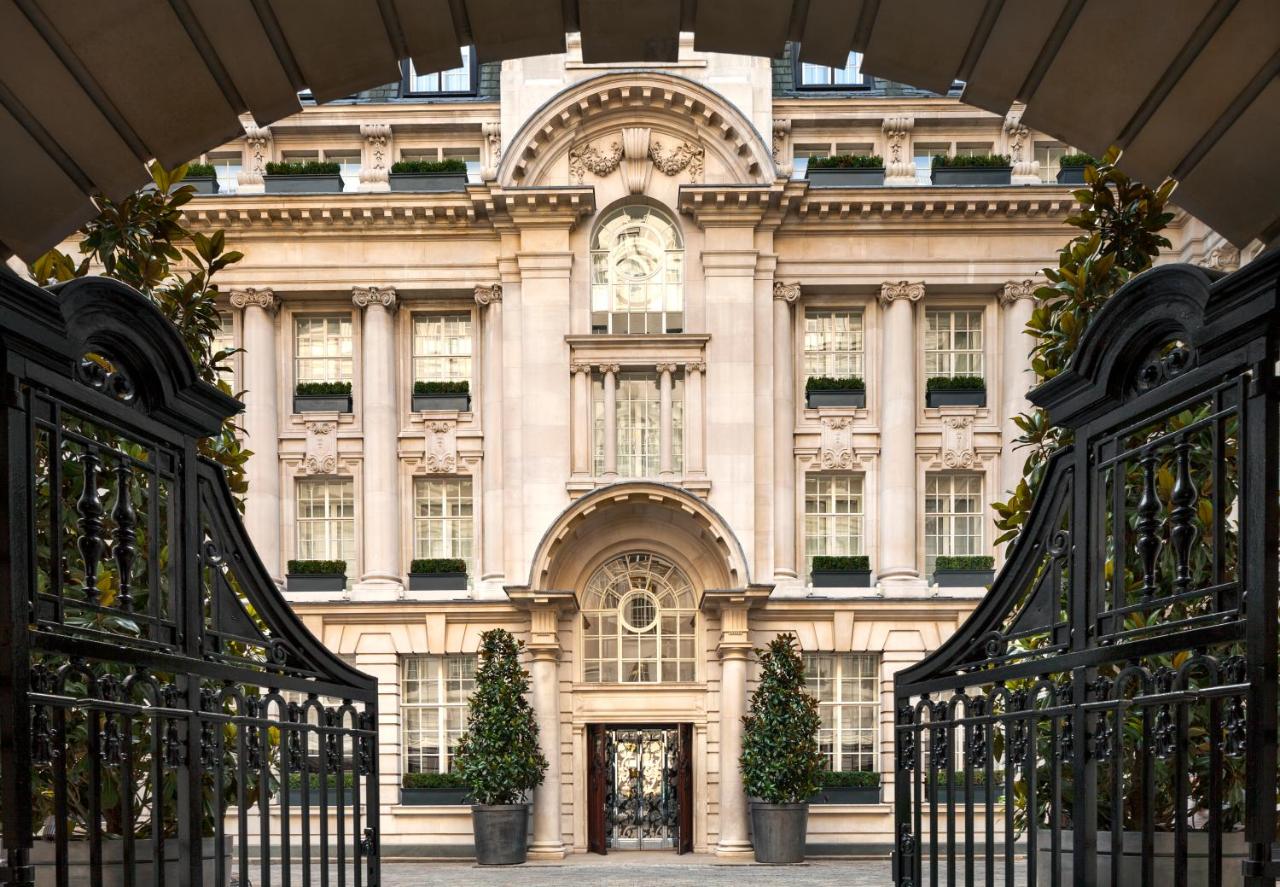
Bazaruto, Inhambane, Mozambique
Agent: Cliff Jacobs - Managing Principal Estate Agent & CEO (Nat.Dpl.Hotel Man (UJ). M.P.R.E.)
Agent Cellphone: +27 (0) 84 413 1071 / +27 (0) 61 716 6951
Agent Office Number: +27 (0) 84 413 1071
Agent Email Address: cliff@exquisitehotelconsultants.com
Type: Beach Resort
Bedrooms: 27
Bathrooms: 35
Showers: 27
Parking: 0
Yield: Not Disclosed
TGCSA Rating:

Bazaruto Archipelago
The Bazaruto Archipelago is a group of six islands in Mozambique, near the mainland city of Vilankulo. It comprises the islands of Bazaruto, Benguerra, Magaruque, Banque, Santa Carolina (also known as Paradise Island) and Shell. Nyati Island is located further south.
Geography
The group belongs to the Vilanculos and Inhassoro districts of Inhambane Province. The islands were formed from sand deposited by the Save River, which has since shifted its course.
Santa Carolina is a true rock island with deep channels and is just 3 km by 0.5 km in size. It has three beautiful beaches with coral reefs close to the shore. The island, also known as Paradise Island is regarded as the "gem" of the islands forming the Bazaruto Archipelago, which is a proclaimed marine national park.
Tourist attractions include sandy beaches, coral reefs, and opportunities for surfing and fishing.
The archipelago became a National Park in 1971. There is a wide abundance of reef fish, surgeon, Moorish idols, parrots, angel and butterfly fish to name but a few. Sea turtles, game fish and devil rays are regularly seen. Various endangered marine megafaunas, such as whale shark, manta, leatherback turtle, cetaceans including humpback whale, and the dugong. Bazaruto's dugong population counts about 120 individuals, making it the largest of remnant populations in Mozambique.
Cetacean biodiversity had been much richer than today before being reduced by human activities including illegal mass hunts by the Soviet Union and Japan in 1960s to 1970s, resulting disappearances or rarities of many species such as the southern right whales. Since the archipelago's geography provides a number of different ecosystems, an unusual variety of species occur within a relatively small area. Bazaruto is one of two largest islands, the other being Benguerra.
The skinks Scelotes duttoni, Scelotes insularis, and Lygosoma lanceolatum are endemic to the Bazaruto Archipelago.
History
It has been speculated that the Bazaruto Archipelago may be the island named Crocodile (Persian Sūsmār) mentioned in the 11th-century Egyptian Kitāb Gharāʾib al-funūn wa-mulaḥ al-ʿuyūn (The Book of Curiosities of the Sciences and Marvels for the Eyes). This island is the last place in a list of sites along the East African coast known to Egyptian merchants and is the fifth stop after Kilwa. Bazaruto supports a substantial population of crocodiles.
Inhambane Province
Inhambane is a province of Mozambique located on the coast in the southern part of the country. It has an area of 68,615 km2 and a population of 1,488,676 (2017 census). The provincial capital is also called Inhambane.
The climate is tropical throughout, more humid along the coast and dryer inland. The coast has a number of mangrove swamps.
The town of Inhambane existed in the 10th century, and was the southernmost port used by Arabs for slave trading. The region was visited by Vasco da Gama in 1498, who claimed Inhambane Bay for Portugal. The Portuguese established a trading post at Inhambane in 1534.
The province is the second largest grower of cashews (after Nampula), and also produces coconut and citrus fruit (inspiring Mozambique's most famous poet Craveirinha to write of "The Tasty Tangerines of Inhambane"). The long coastline supports much fishing. The Inhambane Bay area is of some interest for tourism, with a number of beaches, and one of the last remaining populations of dugong in Mozambique.
Mozambique
Mozambique, officially the Republic of Mozambique , is a country located in southeastern Africa bordered by the Indian Ocean to the east, Tanzania to the north, Malawi and Zambia to the northwest, Zimbabwe to the west, and Eswatini and South Africa to the southwest. The sovereign state is separated from the Comoros, Mayotte and Madagascar by the Mozambique Channel to the east. The capital and largest city is Maputo.
Notably Northern Mozambique lies within the monsoon trade winds of the Indian Ocean and is frequentely affected by disruptive weather. Between the 7th and 11th centuries, a series of Swahili port towns developed on that area, which contributed to the development of a distinct Swahili culture and language. In the late medieval period, these towns were frequented by traders from Somalia, Ethiopia, Egypt, Arabia, Persia, and India.
The voyage of Vasco da Gama in 1498 marked the arrival of the Portuguese, who began a gradual process of colonisation and settlement in 1505. After over four centuries of Portuguese rule, Mozambique gained independence in 1975, becoming the People's Republic of Mozambique shortly thereafter. After only two years of independence, the country descended into an intense and protracted civil war lasting from 1977 to 1992. In 1994, Mozambique held its first multiparty elections and has since remained a relatively stable presidential republic, although it still faces a low-intensity insurgency distinctively in the farthermost regions from the southern capital and where Islam is dominant.
Mozambique is endowed with rich and extensive natural resources, notwithstanding the country's economy is based chiefly on fishery - substantially molluscs, crustaceans and echinoderms - and agriculture with a growing industry of food and beverages, chemical manufacturing, aluminium and oil. The tourism sector is expanding. South Africa remains Mozambique's main trading partner, persevering a close relationship to Portugal[10] with a perspective on other European markets.
Since 2001 Mozambique's GDP growth is thriving but the nation is still one of the poorest and most underdeveloped countries in the world, ranking low in GDP per capita, human development, measures of inequality and average life expectancy.
The only official language in Mozambique is Portuguese, regarded as the unity language, spoken by most in urban areas and between the younger educated population. Common native languages include Tsonga, Makhuwa, Sena, and Swahili. The country's population of around 30 million as of 2022 estimates, is composed of overwhelmingly Bantu people. The largest religion in Mozambique is Christianity, with significant minorities following Islam and African traditional religions. Mozambique is a member of the United Nations, the African Union, the Commonwealth of Nations, the Organisation of Islamic Cooperation, the Community of Portuguese Language Countries, the Non-Aligned Movement, the Southern African Development Community, and is an observer at La Francophonie.
Etymology
The country was named Moçambique by the Portuguese after the Island of Mozambique, derived from Mussa Bin Bique or Musa Al Big or Mossa Al Bique or Mussa Ben Mbiki or Mussa Ibn Malik, an Arab trader who first visited the island and later lived there. The island-town was the capital of the Portuguese colony until 1898, when it was moved south to Lourenço Marques (now Maputo).
History
Bantu Migrations
Bantu-speaking people's migrated into Mozambique as early as the 4th century BC. It is believed between the 1st and 5th centuries AD, waves of migration from the west and north went through the Zambezi River valley and then gradually into the plateau and coastal areas of Southern Africa. They established agricultural communities or societies based on herding cattle. They brought with them the technology for smelting and smithing iron.
Swahili Coast
From the late first millennium AD, vast Indian Ocean trade networks extended as far south into Mozambique as evidenced by the ancient port town of Chibuene.] Beginning in the 9th century, a growing involvement in Indian Ocean trade led to the development of numerous port towns along the entire East African coast, including modern day Mozambique. Largely autonomous, these towns broadly participated in the incipient Swahili culture. Islam was often adopted by urban elites, facilitating trade. In Mozambique, Sofala, Angoche, and Mozambique Island were regional powers by the 15th century.
The towns traded with merchants from both the African interior and the broader Indian Ocean world. Particularly important were the gold and ivory caravan routes. Inland states like the Kingdom of Zimbabwe and Kingdom of Mutapa provided the coveted gold and ivory, which were then exchanged up the coast to larger port cities like Kilwa and Mombasa.
Portuguese Mozambique (1498–1975)
The Island of Mozambique after which the country is named, is a small coral island at the mouth of Mossuril Bay on the Nacala coast of northern Mozambique, first explored by Europeans in the late 15th century.
When Portuguese explorers reached Mozambique in 1498, Arab-trading settlements had existed along the coast and outlying islands for several centuries. From about 1500, Portuguese trading posts and forts displaced the Arabic commercial and military hegemony, becoming regular ports of call on the new European sea route to the east, the first steps in what was to become a process of colonisation.
The voyage of Vasco da Gama around the Cape of Good Hope in 1498 marked the Portuguese entry into trade, politics, and society of the region. The Portuguese gained control of the Island of Mozambique and the port city of Sofala in the early 16th century, and by the 1530s, small groups of Portuguese traders and prospectors seeking gold penetrated the interior regions, where they set up garrisons and trading posts at Sena and Tete on the Zambezi and tried to gain exclusive control over the gold trade.
In the central part of the Mozambique territory, the Portuguese attempted to legitimise and consolidate their trade and settlement positions through the creation of prazos. These land grants tied emigrants to their settlements, and inland Mozambique was largely left to be administered by prazeiros, the grant holders, while central authorities in Portugal concentrated their direct exercise of power on, in their view, the more important Portuguese possessions in Asia and the Americas. Slavery in Mozambique pre-dated European-contact. African rulers and chiefs dealt in enslaved people, first with Arab Muslim traders, who sent the enslaved to Middle East Asia cities and plantations, and later with Portuguese and other European traders. In a continuation of the trade, slaves were supplied by warring local African rulers, who raided enemy tribes and sold their captives to the prazeiros. The authority of the prazeiros was exercised and upheld amongst the local population by armies of these enslaved men, whose members became known as Chikunda. Continuing emigration from Portugal occurred at comparatively low levels until late in the nineteenth century, promoting "Africanisation". While prazos were originally intended to be held solely by Portuguese colonists, through intermarriage and the relative isolation of prazeiros from ongoing Portuguese influences, the prazos became African-Portuguese or African-Indian.
Although Portuguese influence gradually expanded, its power was limited and exercised through individual settlers and officials who were granted extensive autonomy. The Portuguese were able to wrest much of the coastal trade from Arab Muslims between 1500 and 1700, but, with the Arab Muslim seizure of Portugal's key foothold at Fort Jesus on Mombasa Island (now in Kenya) in 1698, the pendulum began to swing in the other direction. As a result, investment lagged while Lisbon devoted itself to the more lucrative trade with India and the Far East and to the colonisation of Brazil.
The Mazrui and Omani Arabs reclaimed much of the Indian Ocean trade, forcing the Portuguese to retreat south. Many prazos had declined by the mid-19th century, but several of them survived. During the 19th century other European powers, particularly the British (British South Africa Company) and the French (Madagascar), became increasingly involved in the trade and politics of the region around the Portuguese East African territories.
By the early 20th century the Portuguese had shifted the administration of much of Mozambique to large private companies, like the Mozambique Company, the Zambezia Company and the Niassa Company, controlled and financed mostly by British financiers such as Solomon Joel, which established railroad lines to their neighbouring colonies (South Africa and Rhodesia). Although slavery had been legally abolished in Mozambique, at the end of the 19th century the chartered companies enacted a forced labour policy and supplied cheap—often forced—African labour to the mines and plantations of the nearby British colonies and South Africa.[15] The Zambezia Company, the most profitable chartered company, took over several smaller prazeiro holdings and established military outposts to protect its property. The chartered companies built roads and ports to bring their goods to market including a railroad linking present-day Zimbabwe with the Mozambican port of Beira.
Special comments from the owners' representative of the Lodge
To summarize our property at Bazaruto, I could say that:
About us
The lodge was refurbished in October 2021, The island, distinguishing itself by its fauna and marine life, turquoise blue waters and white sandy beaches on its doorstep, is undoubtedly a place of rare beauty with lots to be explored. The Lodge has a large outdoor pool, restaurant, bar and activities center, Bungalows and Villas, located right on the beach.
For the more adventurous, the lodge also provides scuba diving and snorkeling in one of the largest coral reef locations in the world, all facets of fishing including fly fishing, big game, marlin and shore fishing, as well as skiing and wake boarding, island tours, bird watching and more.
It has A-framed thatched roof Bungalows with one or two bedrooms and Villas with two or three bedrooms each, with or without pool and fully equipped kitchen, where you can have your own private chef.
All Accommodation on the beach, facing the sea but still located among tropical gardens, offering fantastic views of both beach and gardens.
The lodge’s restaurant and bar are right on the beach, where guests can enjoy a seat-to-plate cuisine in a paradise-like setting with a stunning view over the Indian Ocean.
After an amazing day, in this world renowned fishing location, catching fish in ways you’ll long tell stories about, or spent enjoying the clear waters of the sea, listening to the sound your feet make by walking the thin-white sandy beaches of Bazaruto, or after having one of the many other heart-warming experiences this island has to offer, you will sit on your own Bungalow or Villa’s porch, right on the beach, with only the ocean in front of you, listening to the slow, balanced, soothing sound of the waves and surrender to our sunsets, as the last rays touch your face, painting the sky with the colors of the rainbow, just before twilight sets in, and the sky is lit once again, by millions of our friendly stars.
Getting there
The Lodge is located at the northern end of the island and is about 65 km north of Vilanculos and 35 km east of Inhassoro, locations of Inhambane Province. The recommended and most used, access is by air. Vilanculos has an international airport that receives frequent flights from Johannersburg and Maputo. The transfers are daily by Helicopter and take about 20 minutes. Alternatively, by boat, it takes about 1h30 with departure from Vilanculos or about 45 min from Inhassoro. Alternatively, especially for groups, there's the possibility to rent a private plane with a direct trip from Maputo or Johannersburg without stopover in Vilanculos
Bazaruto is the largest island of the Bazaruto Archipelago, approximately 600 km north of Maputo, the capital city of Mozambique. Besides Bazaruto, the archipelago is made up of Benguerra, Magaruque and Bangue islands, as well as the small island of Santa Carolina, commonly known as Paradise Island.
The archipelago, declared a National Park in the year 2000, presents a wide diversity of fauna and flora which includes forest, savanna and swamp ecosystems. The island, a small piece of paradise, is 35 km in length and 7 km wide between its furthest points. The impressive beauty of the coral reefs completes this subtropical ecosystem which is, enriched by the abundance and beauty of tropical fish, clean water and excellent conditions for all kinds of fishing activities. The archipelago is deservedly called the "Pearl of the Indian Ocean".
Accommodation
BUNGALOWS
A-frame thatched BUNGALOWS with 1 or 2 bedrooms charmingly decorated in Island style, with 50 – 70 sqm, air-conditioning, fan, mosquito nets over the beds, bathroom and outside shower, a front porch with wood furniture and direct access to the beach, facing the sea and surrounded by gardens.
Bungalows Single, one room, max 2 Pax +1 Cot
Bungalows Suite, two rooms, max 4 Pax +2 Cots
VILLAS
Modernly built with 2 or 3 bedrooms these 204 – 350 sqm Vilas, with air-conditioning, fan, mosquito nets over the beds, fully equipped kitchen and living room, porch, covered verandah with wood furniture and direct access to the beach, paved entrance, each with splash pools in front of the bedrooms or a large pool in front of the verandah, all built on the beach overlooking the sea and surrounded by gardens.
Villas 2 Bedrooms, max 4 Pax + 2 Cots
Villas 3 Bedrooms, max 6 Pax +3 Cots
Restaurant and Bar Services
RESTAURANT is open for Breakfast, Lunch and Dinner with a la carte services for food and drinks, it offers fantastic beach views and a selection of meals focused on local products. The villas offer the possibility to have your own private chef cooking your meal with tale
BAR is also open daily, offering coffee, tea, international drinks, tropical cocktails and light meals.
Key Facilities & services
Activities
Certified Scuba Diving with Padi Courses, Snorkeling, Sand Island Fishing, Rock and Surf Fishing, Deep Sea Fishing, Boat excursions, Water Sports, Paradise Island family packages, Vehicle excursions, Land Tours, Walking trails, Beach barbeques, Bicycle rentals, Canoeing. Daily scheduled drop offs at Dolphin Bay. Car transfers from/to Airstrip Bazaruto and Transfers from Vilankulos by boat or Helicopter.
Interaction with the local community.






































Cliff Jacobs (Nat Dpl Hotel Man (UJ). MPRE. GA Level 5 TEFL) Managing Principal / CEO Exquisite Hotel Consultants (Pty) Ltd Mobile: +27 (0) 84 413 1071 / +27 (0) 61 716 6951 Email: cliff@exquisitehotelconsultants.com Web: https://www.exquisitehotelconsultants.com © All rights reserved Terms and Conditions apply Scroll down to view our Hospitality Properties and Businesses for sale or lease or lease-to-buy or partnership arrangement or management agreement arrangement.